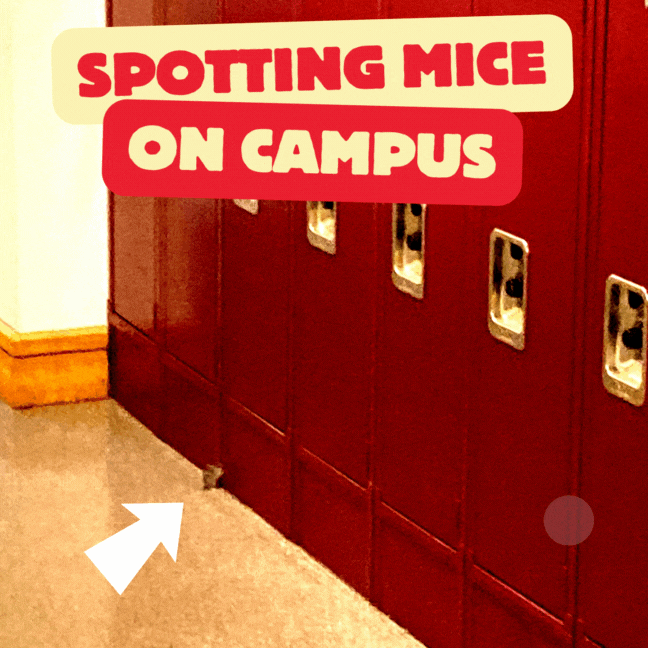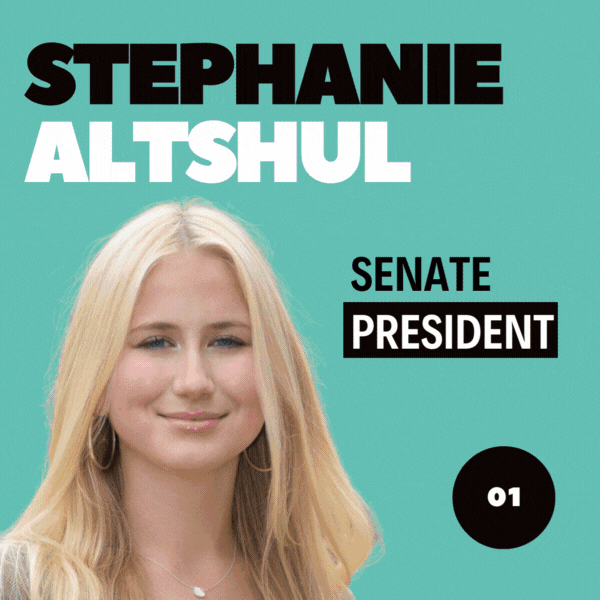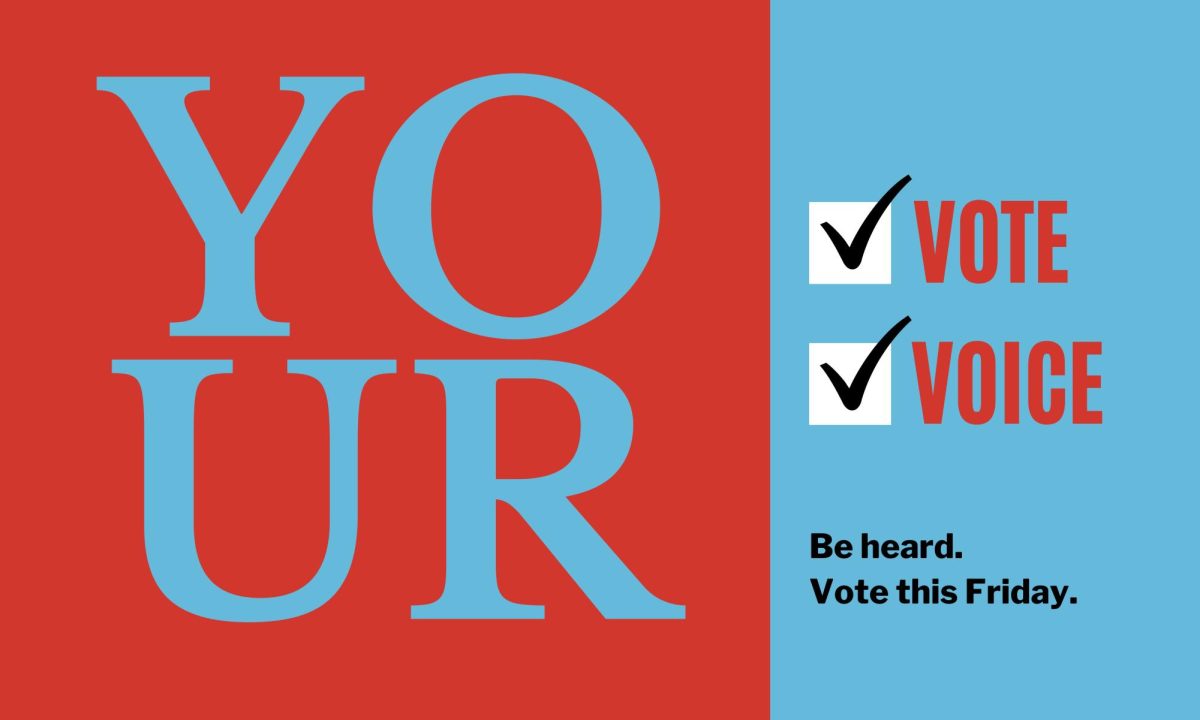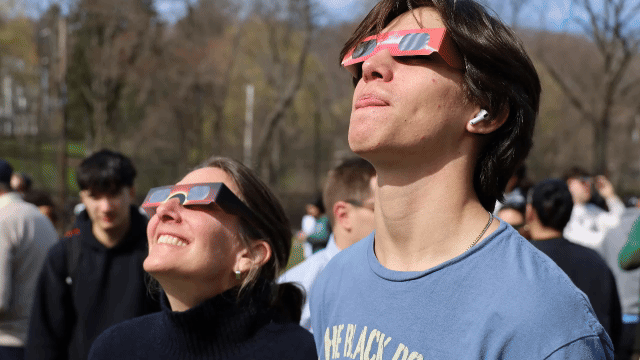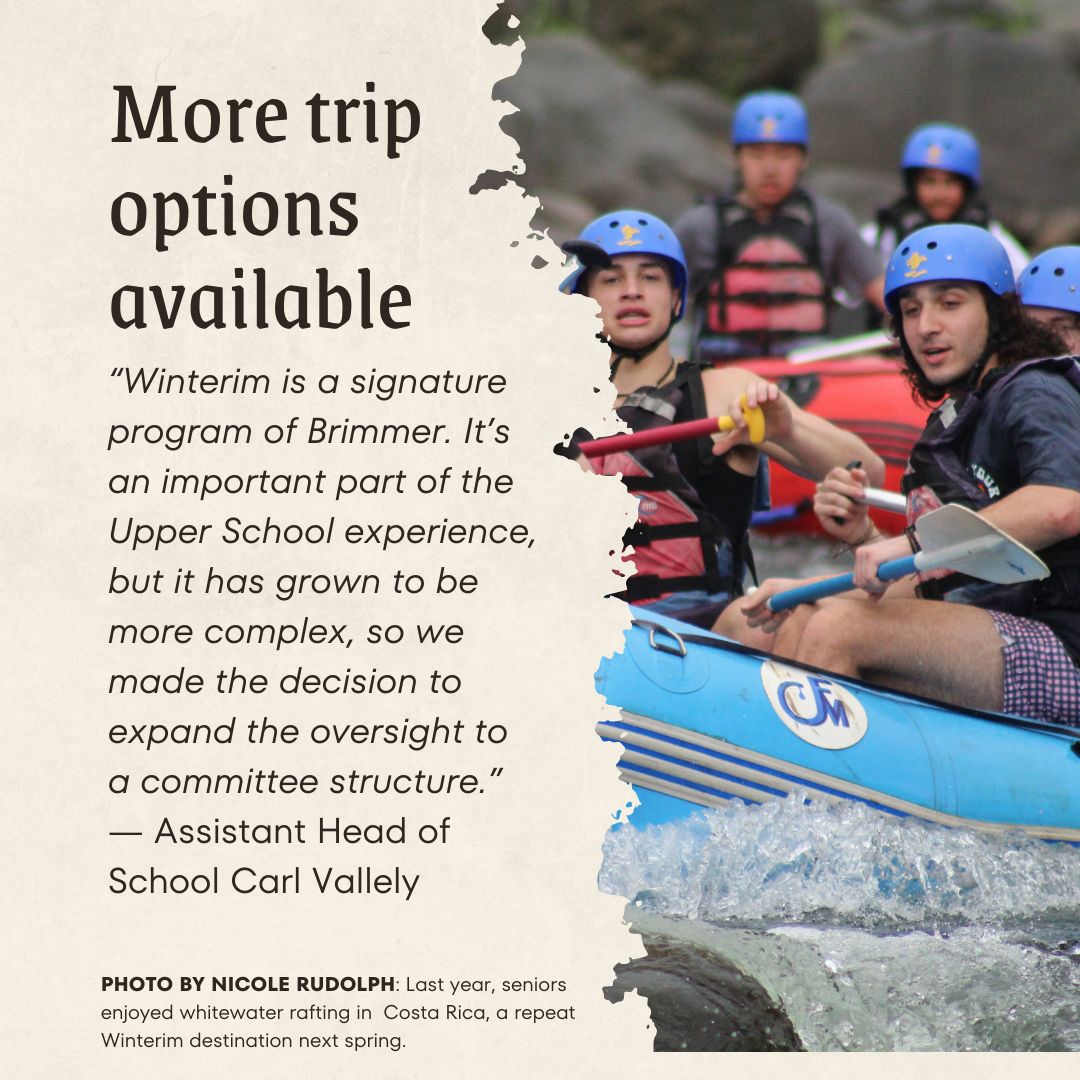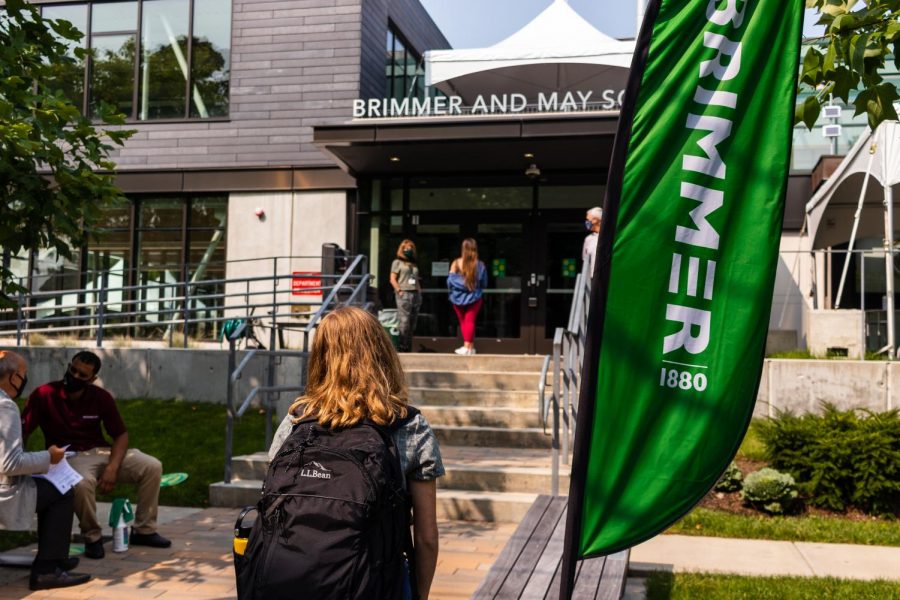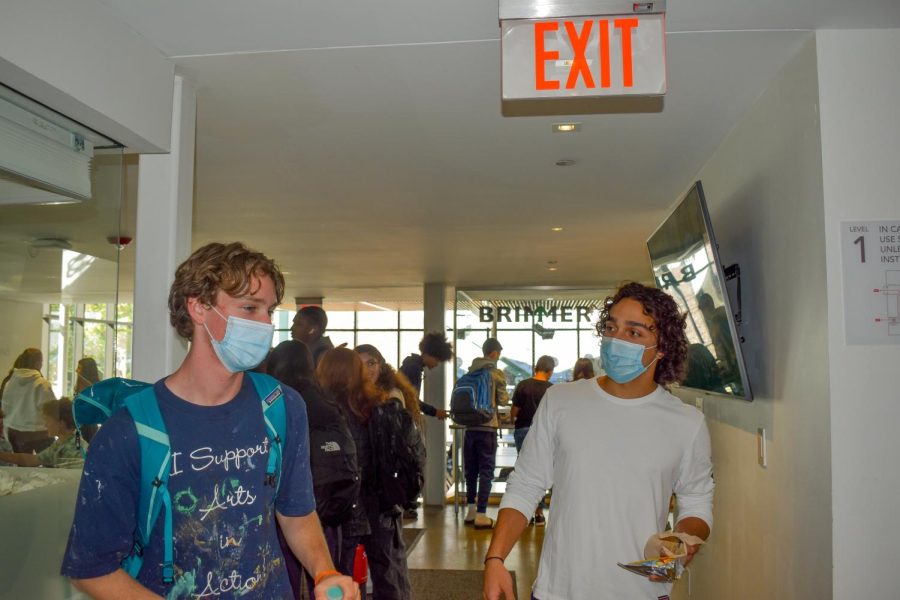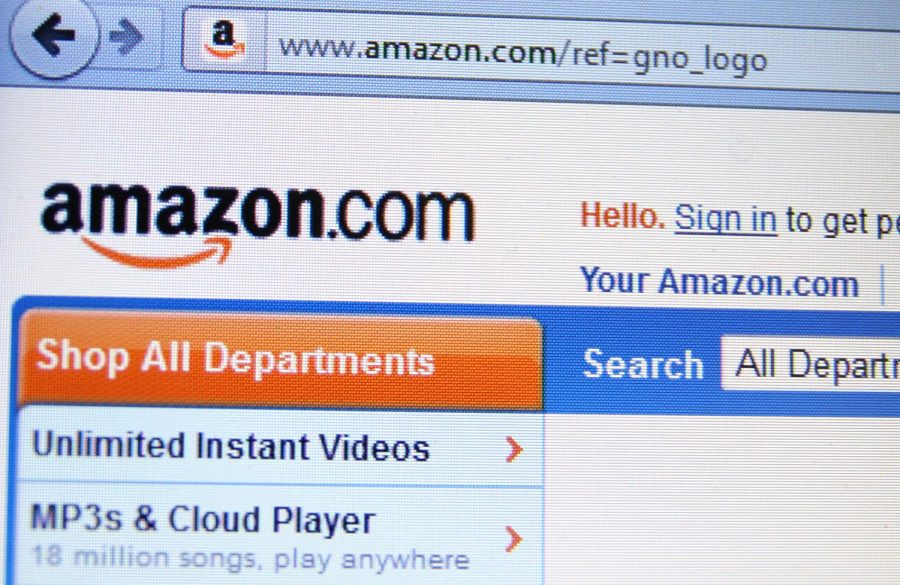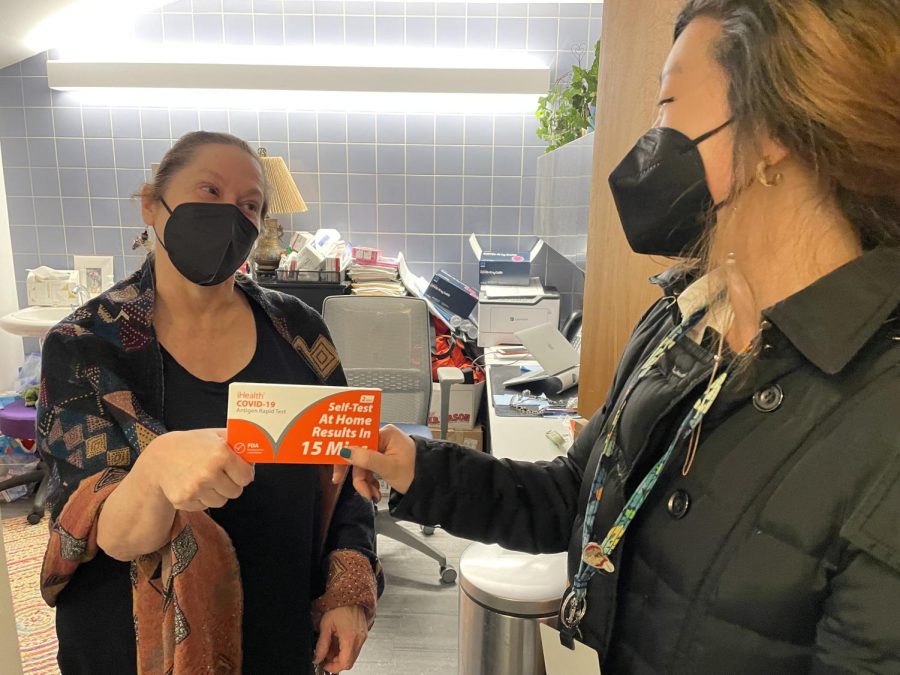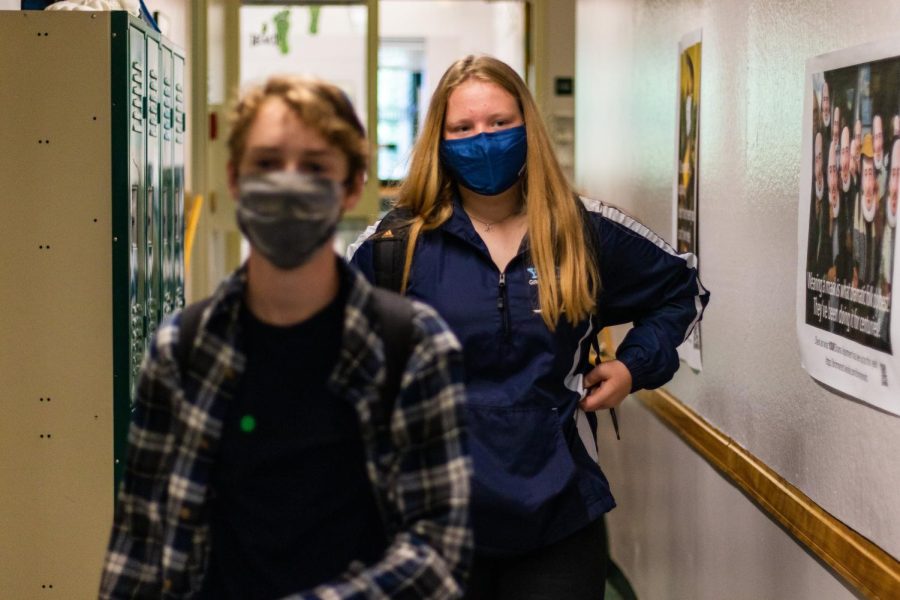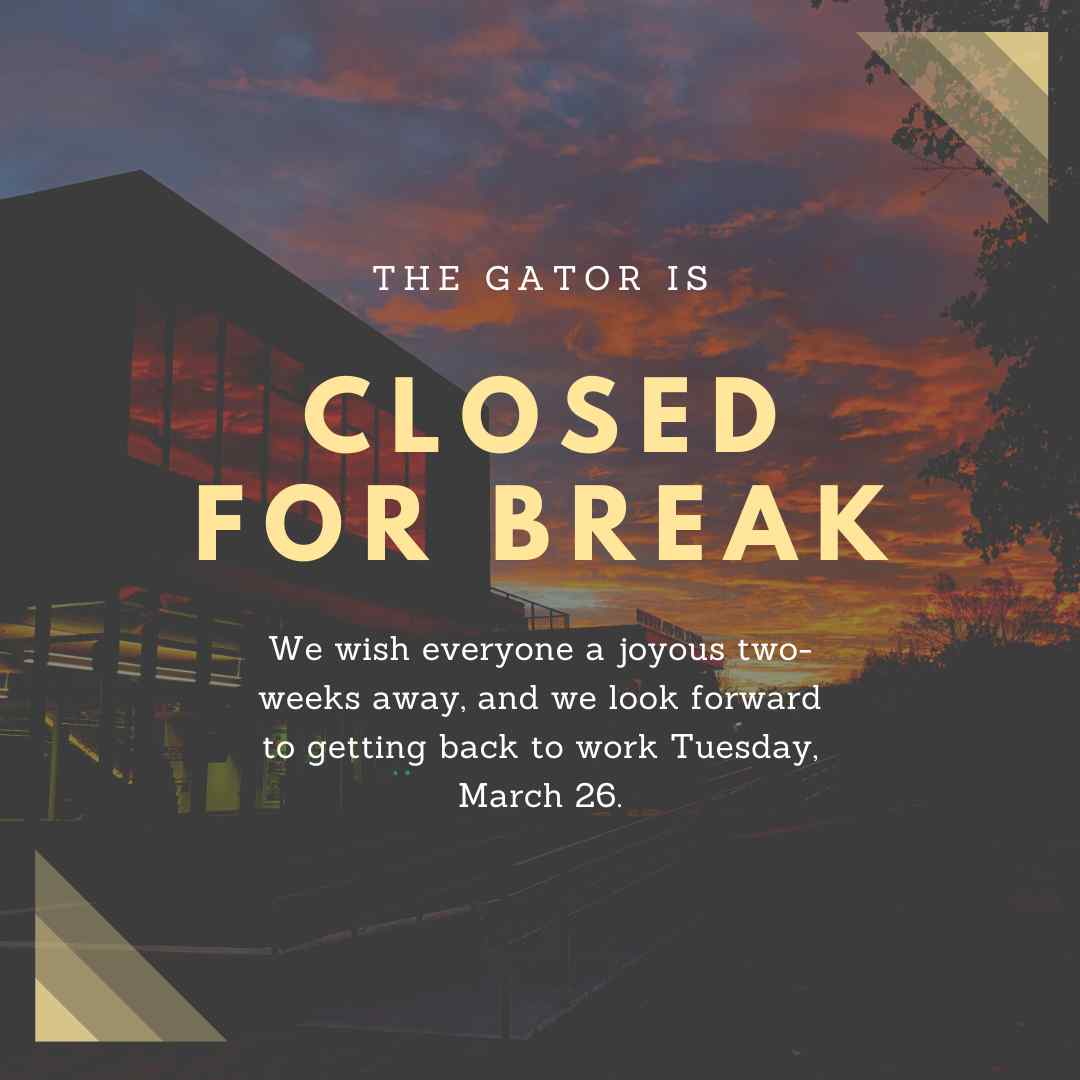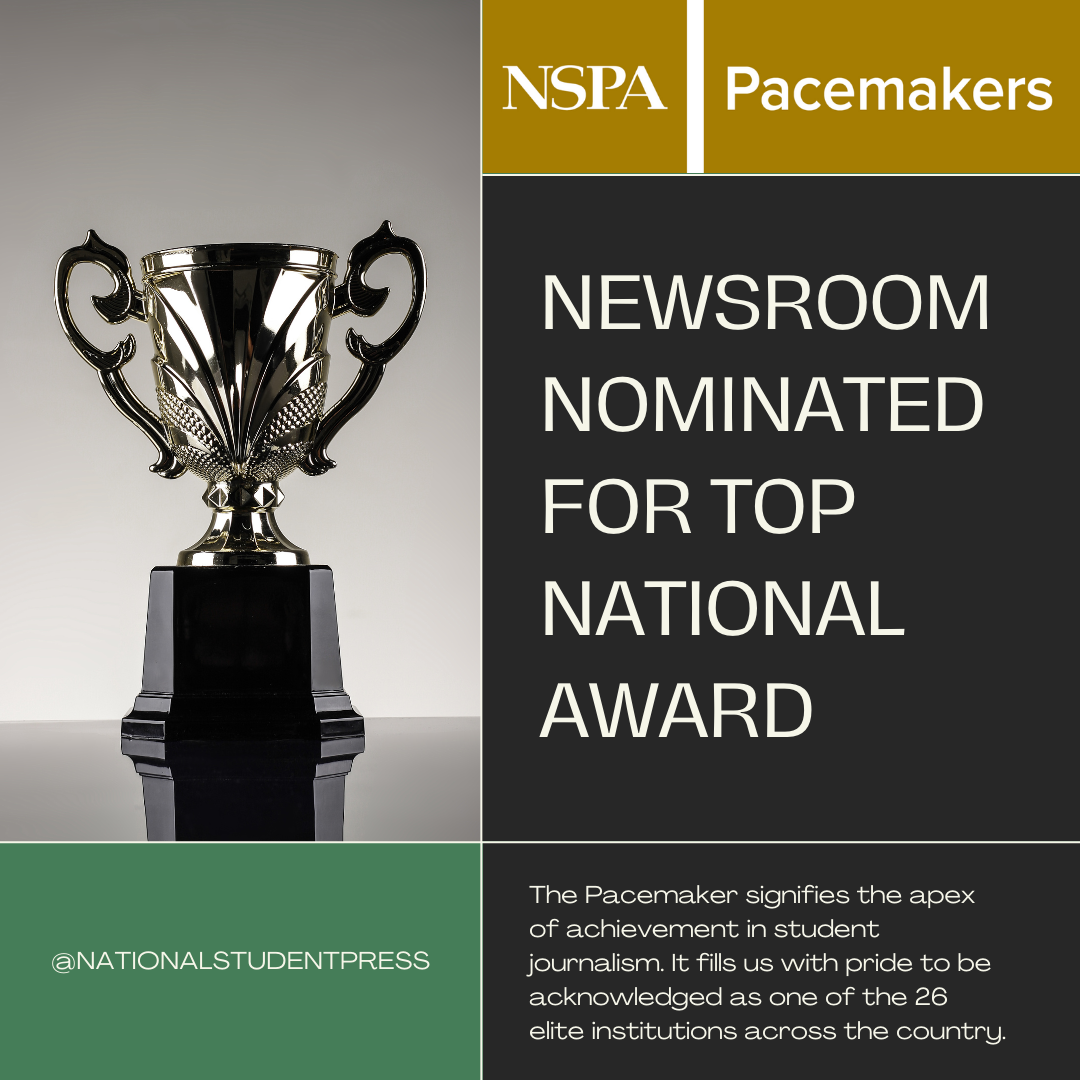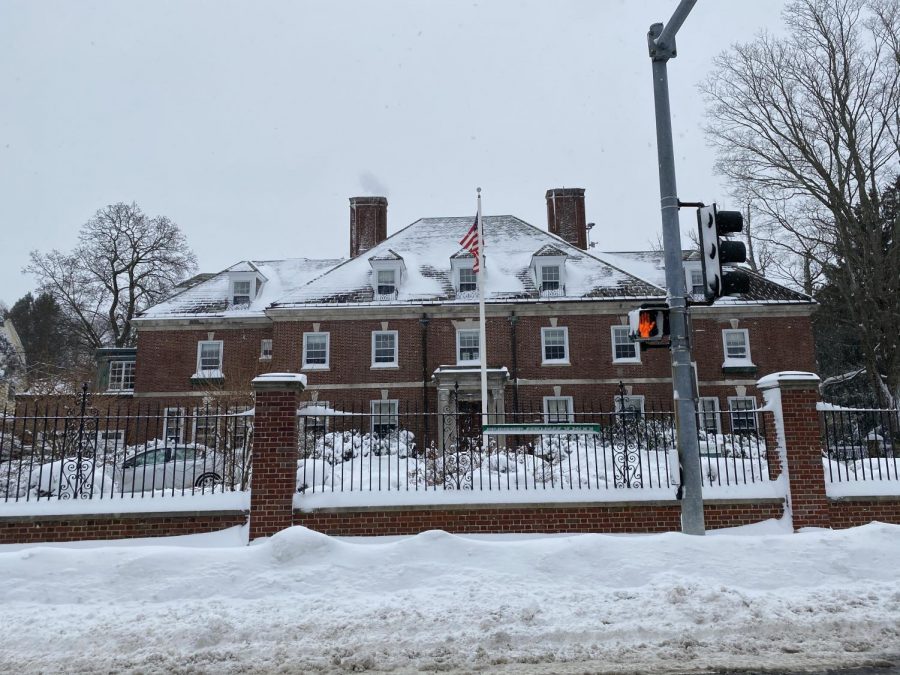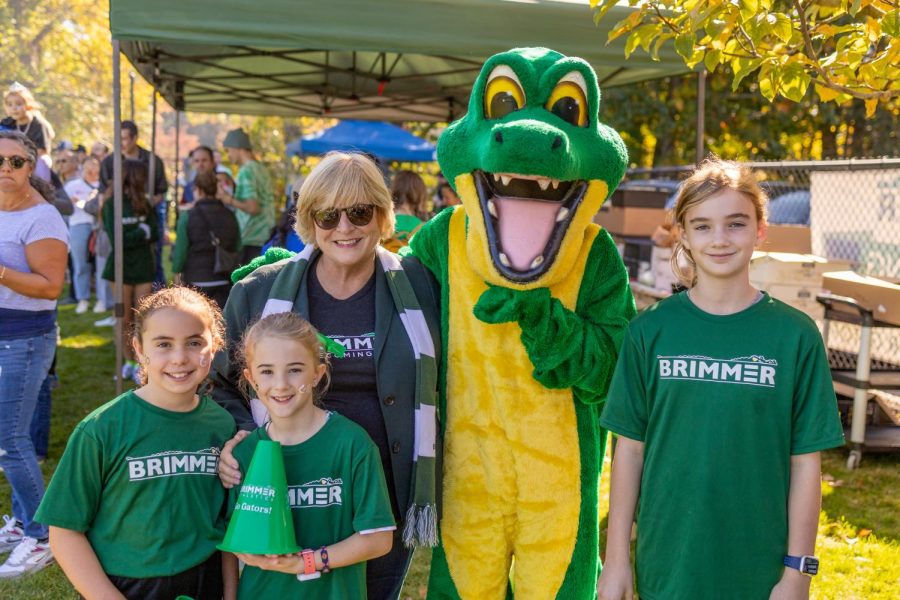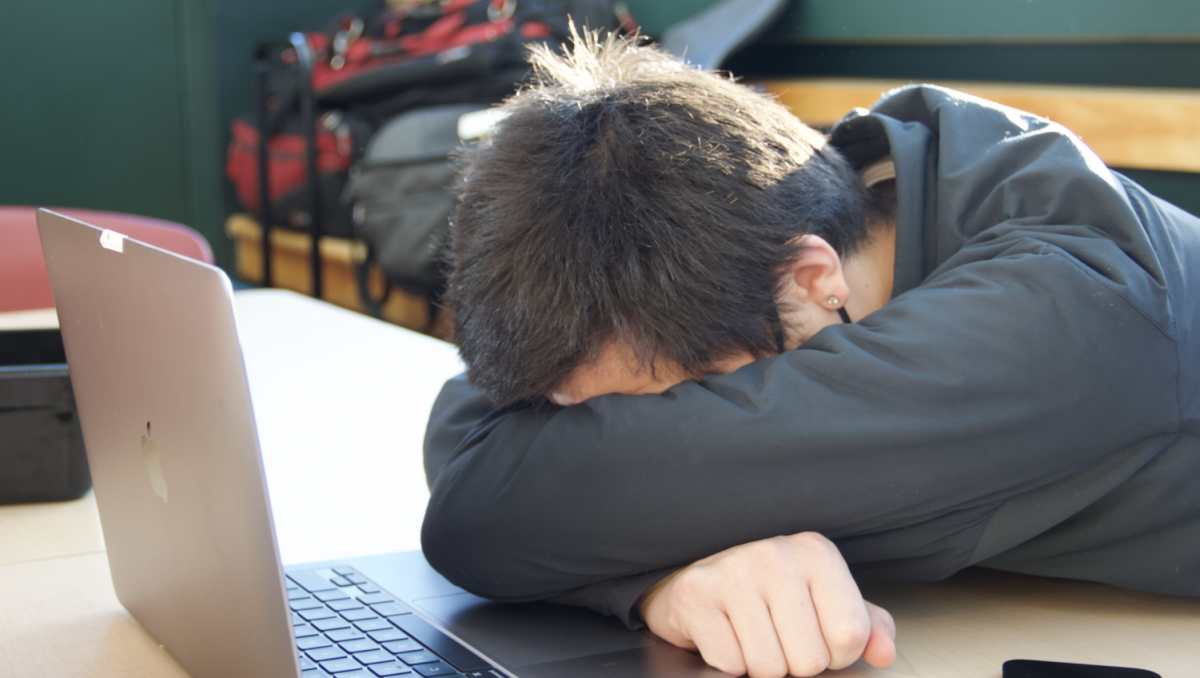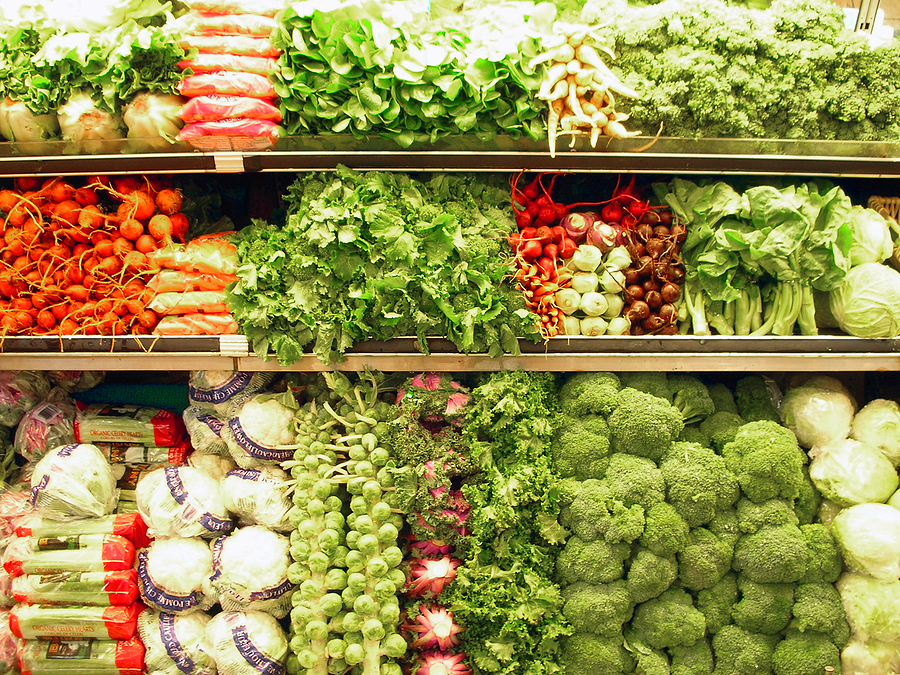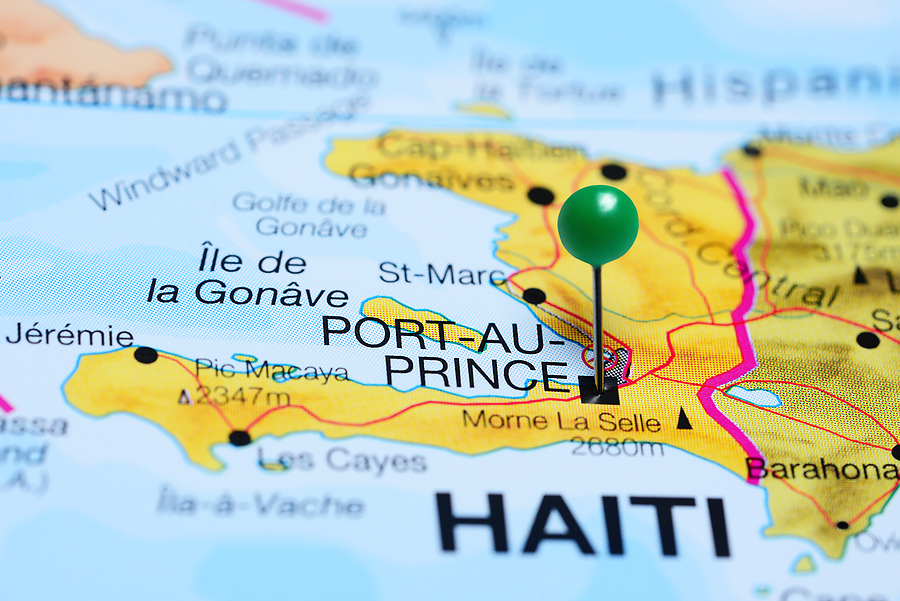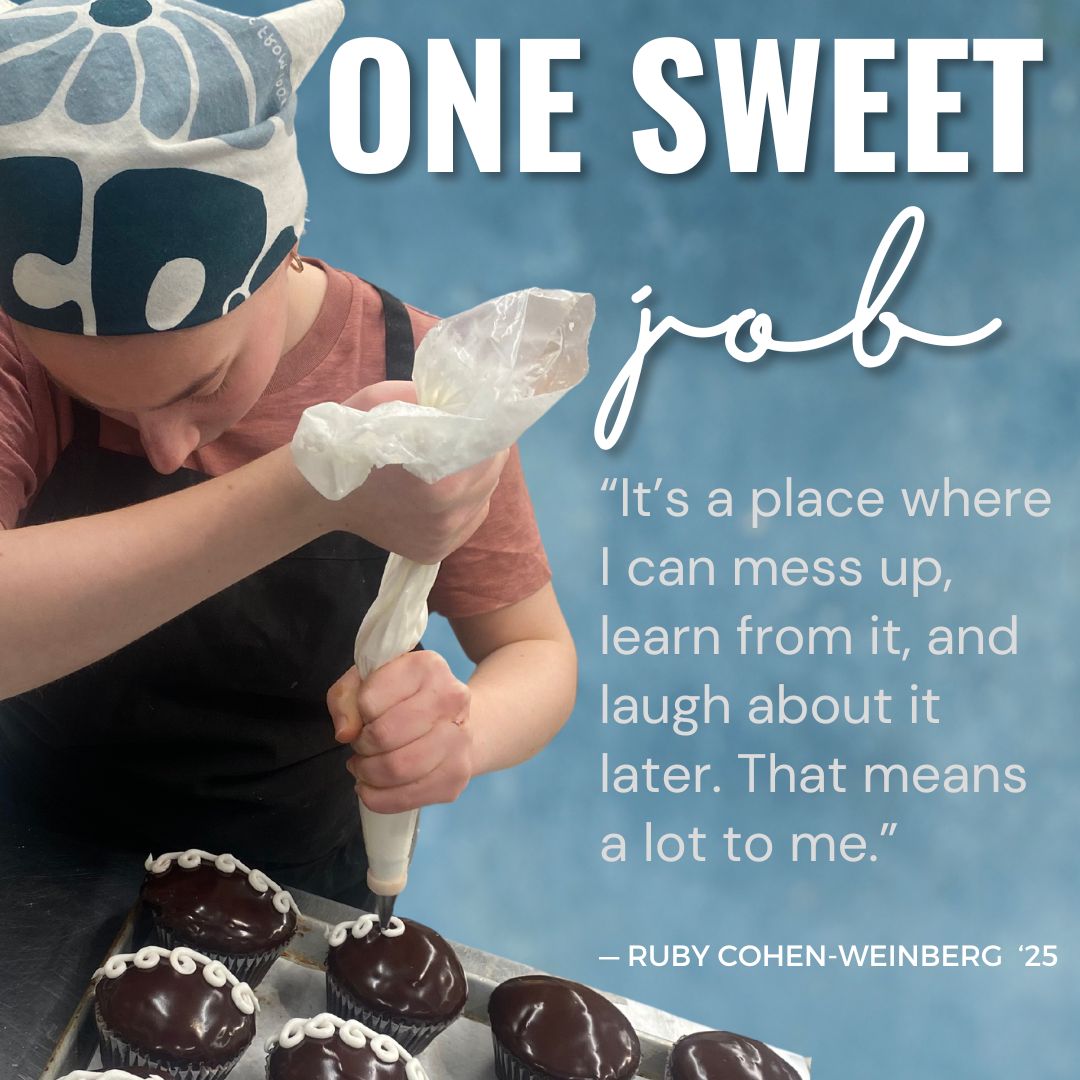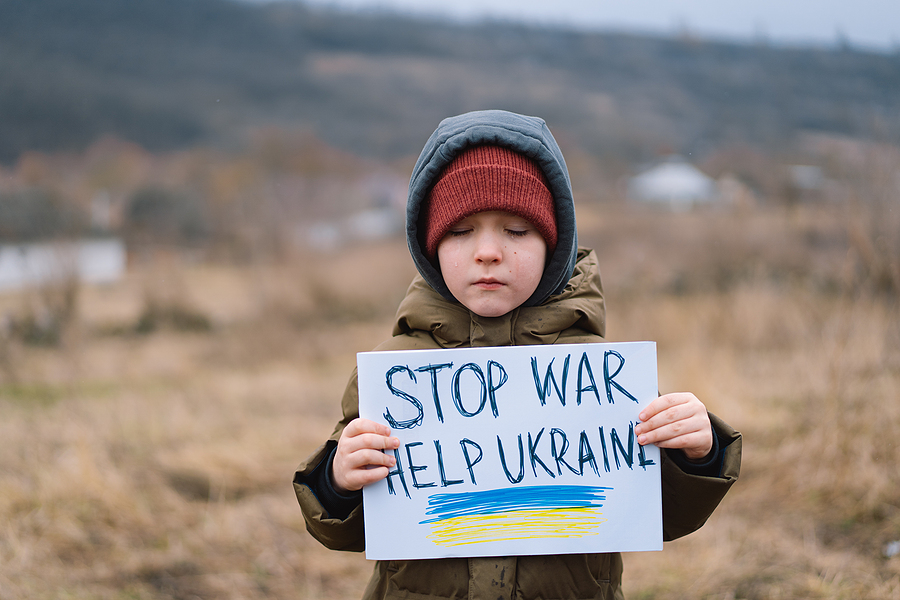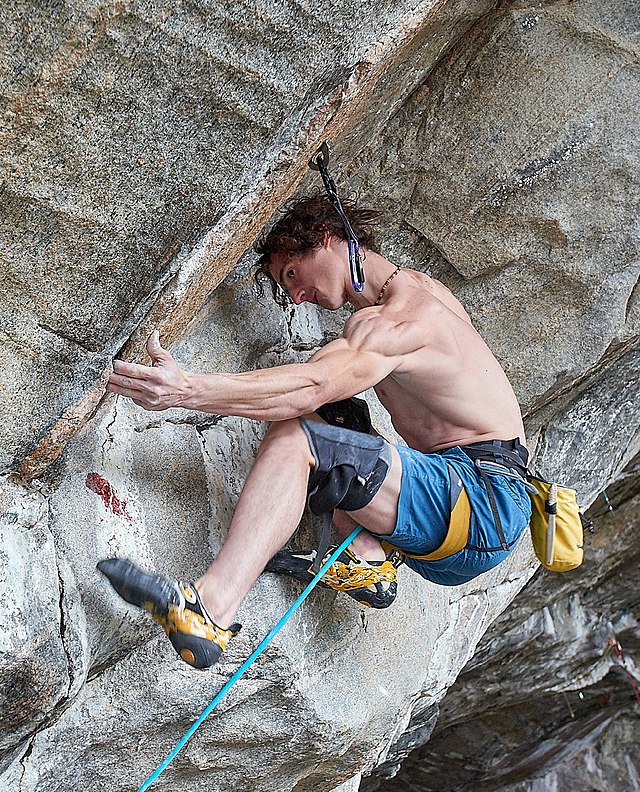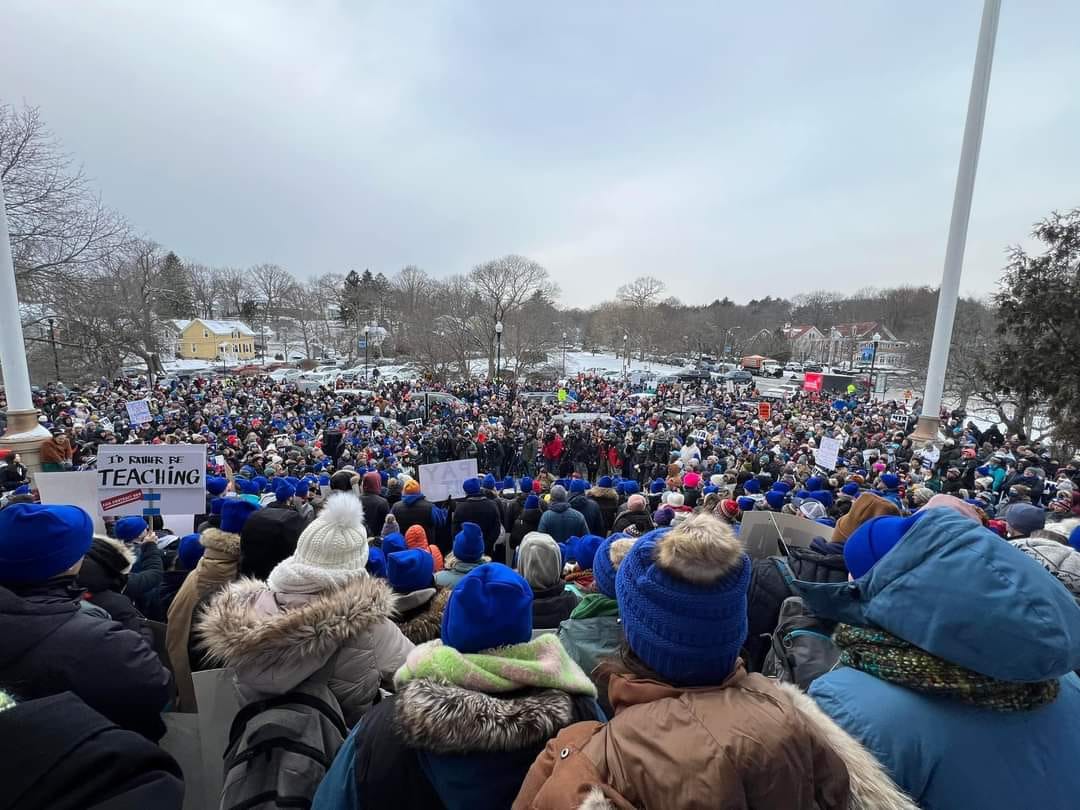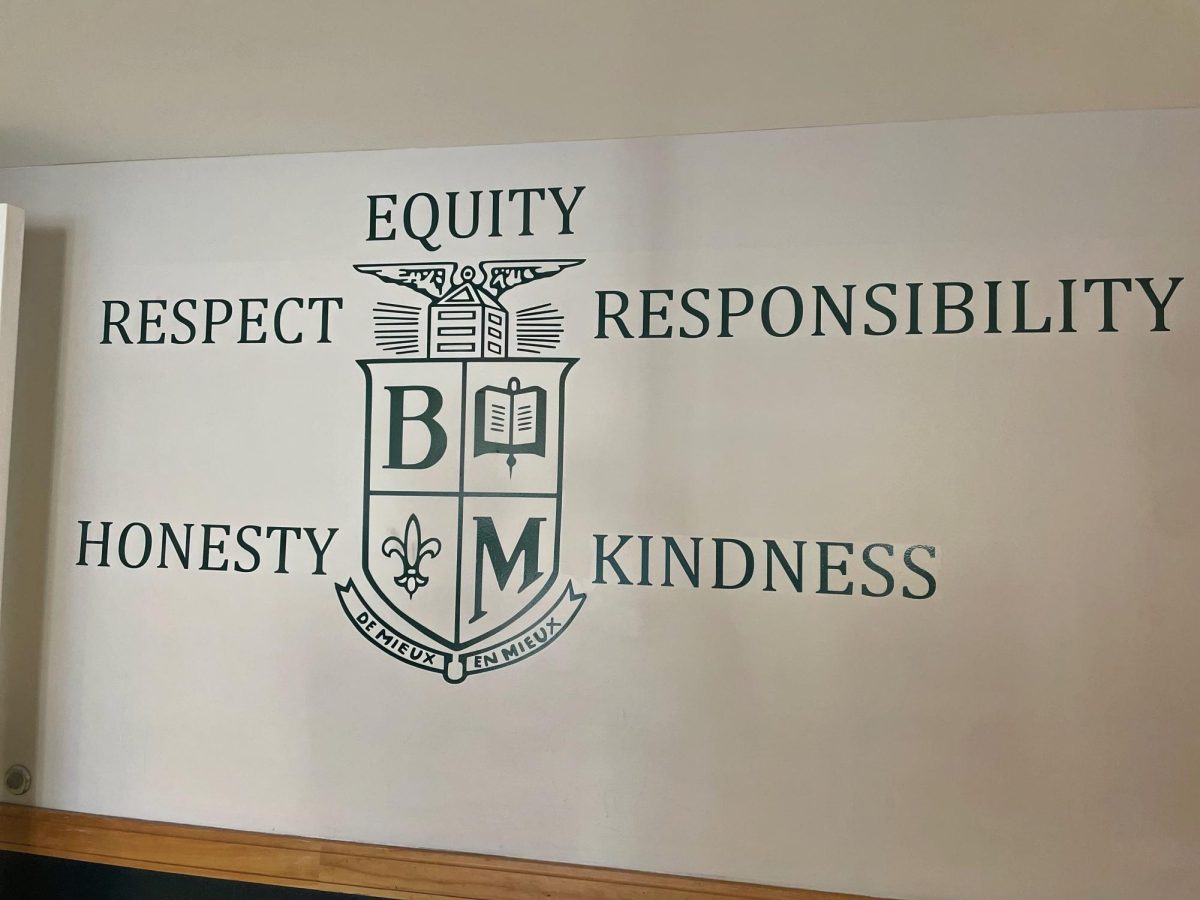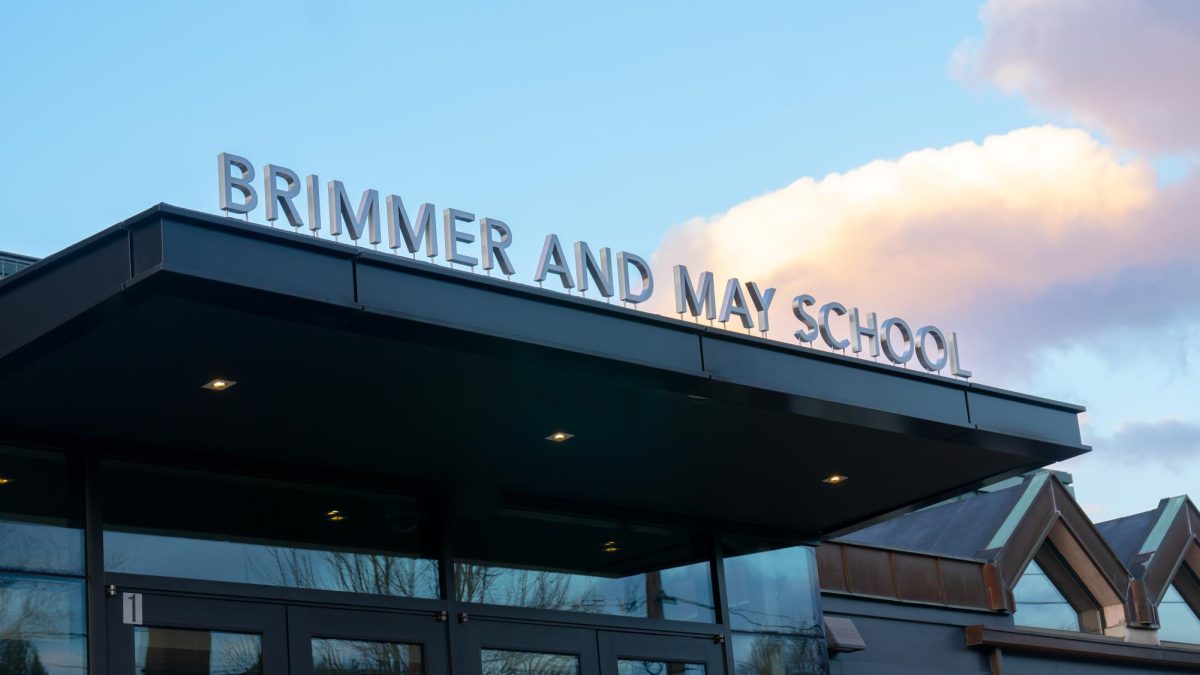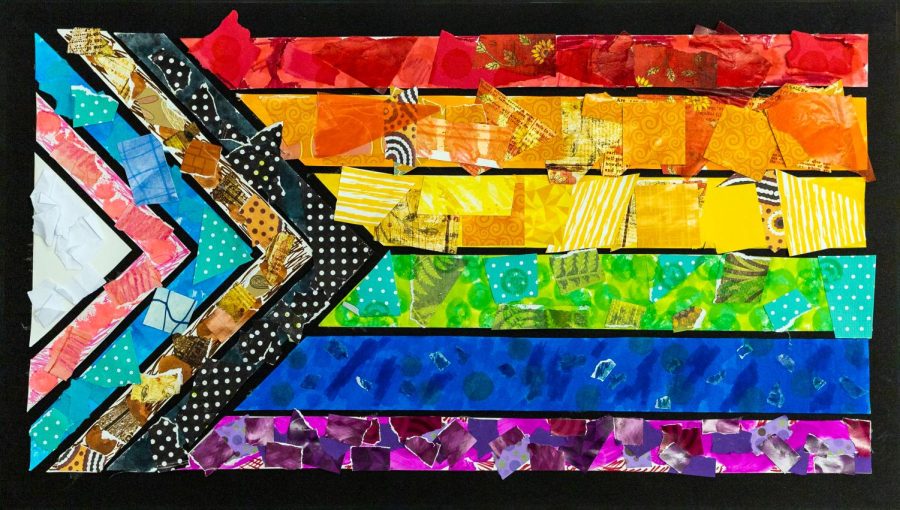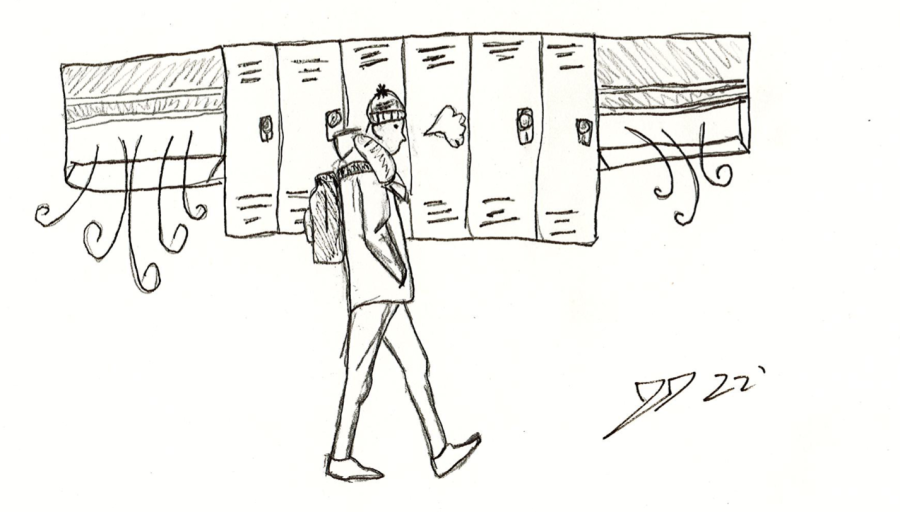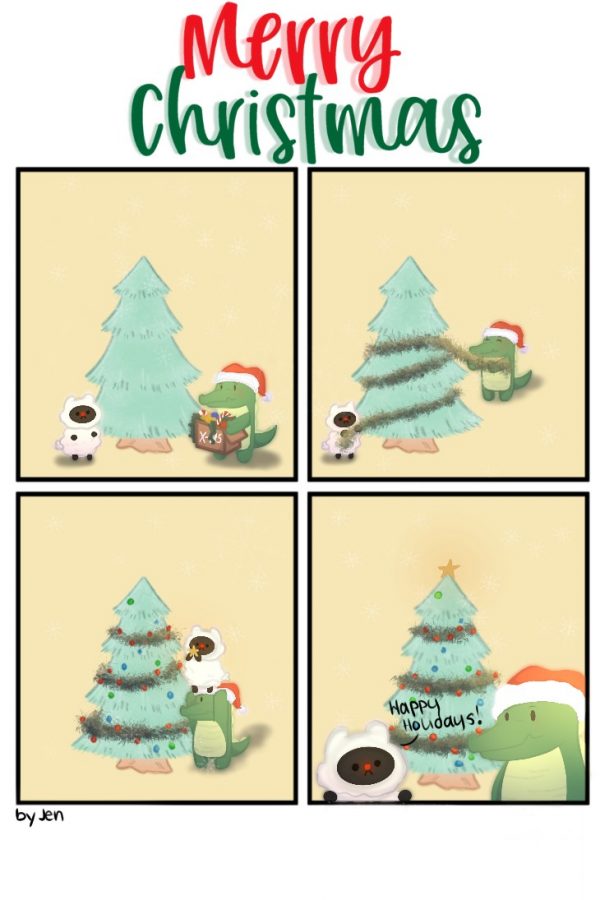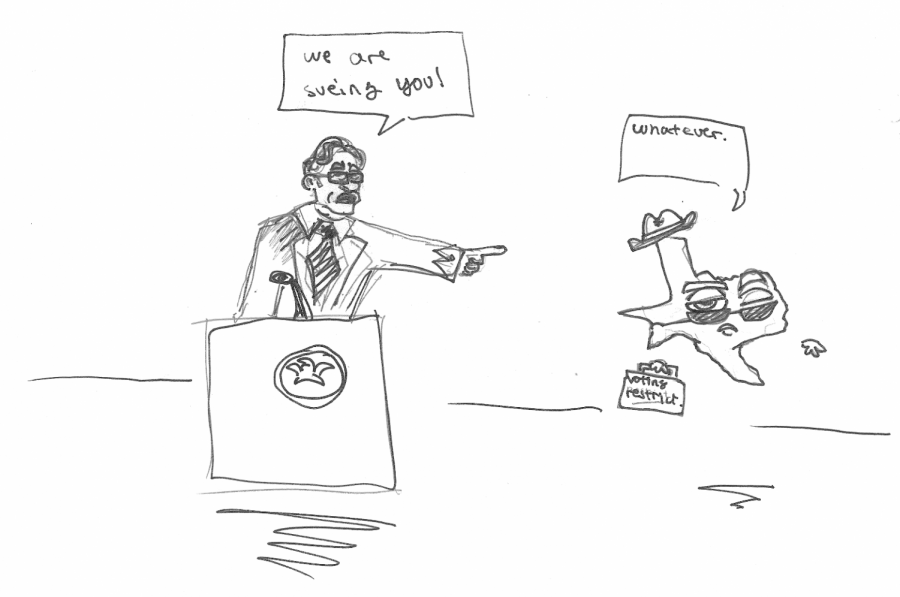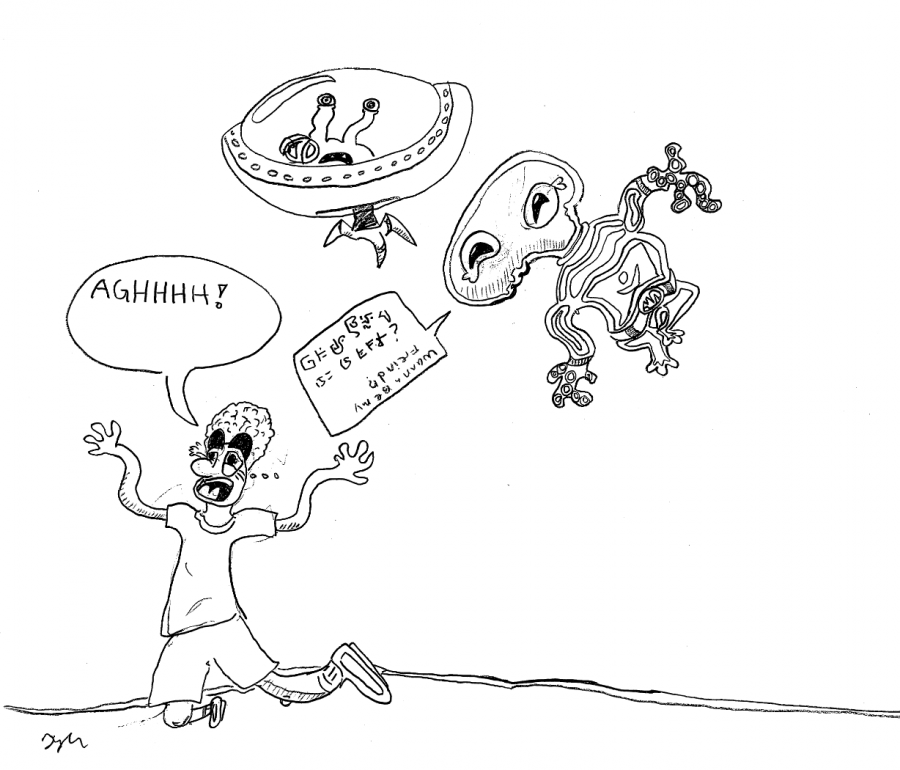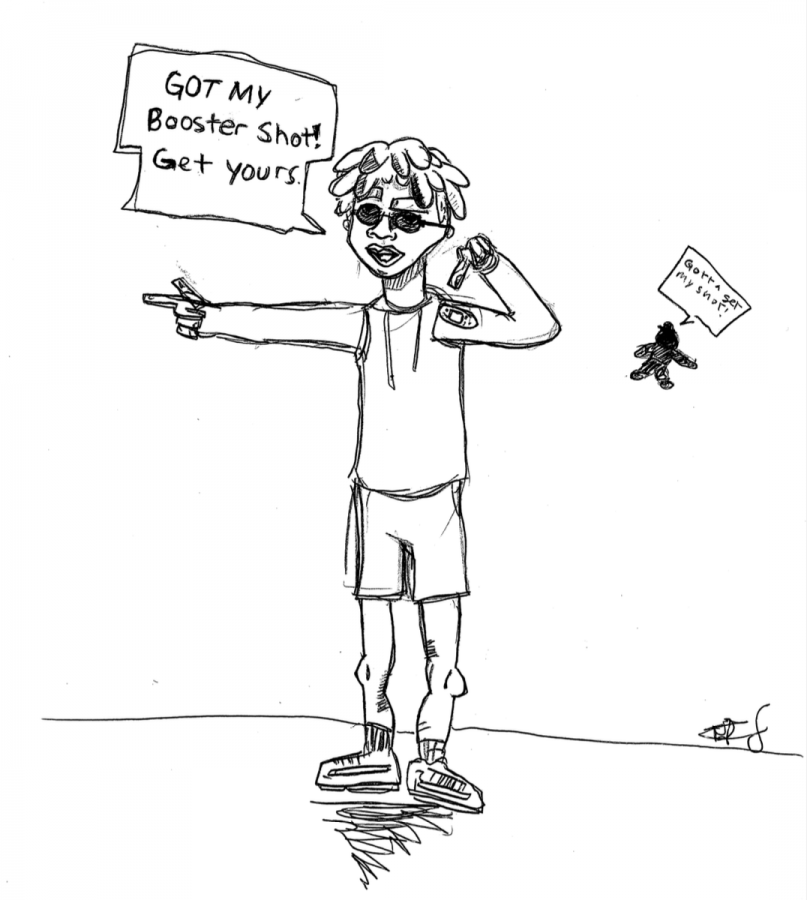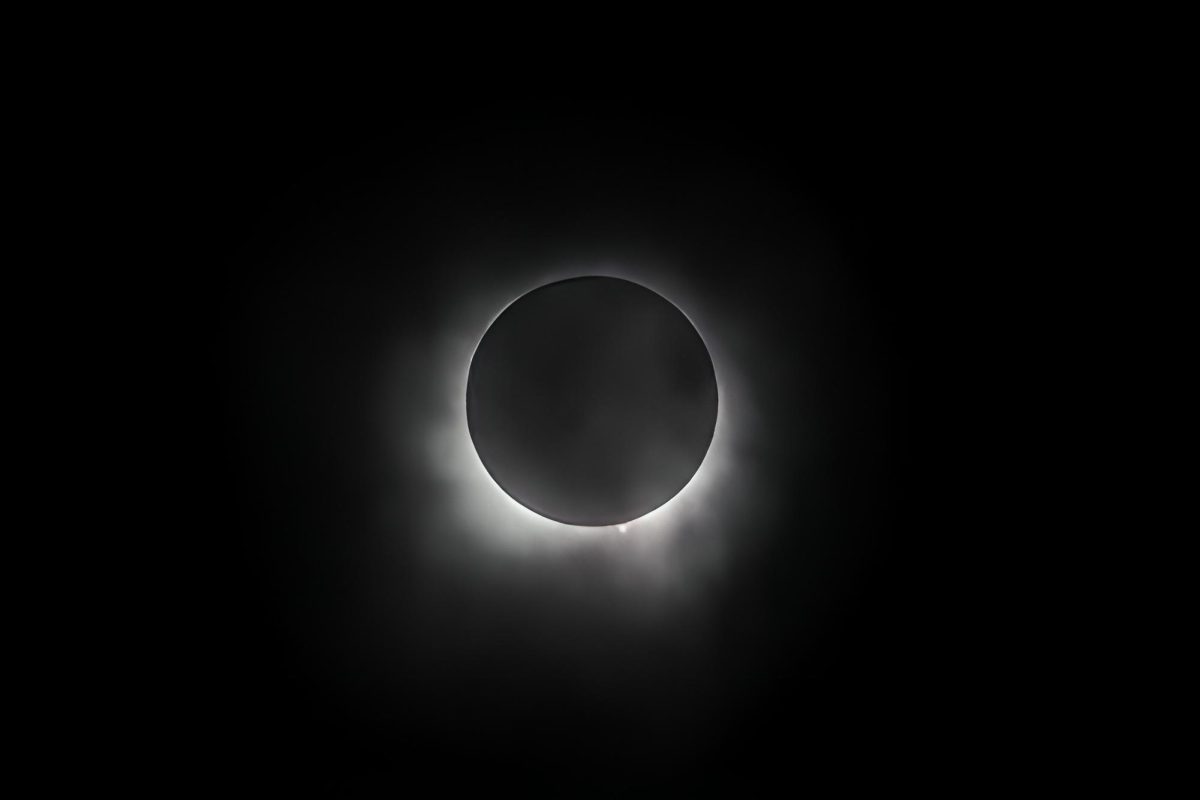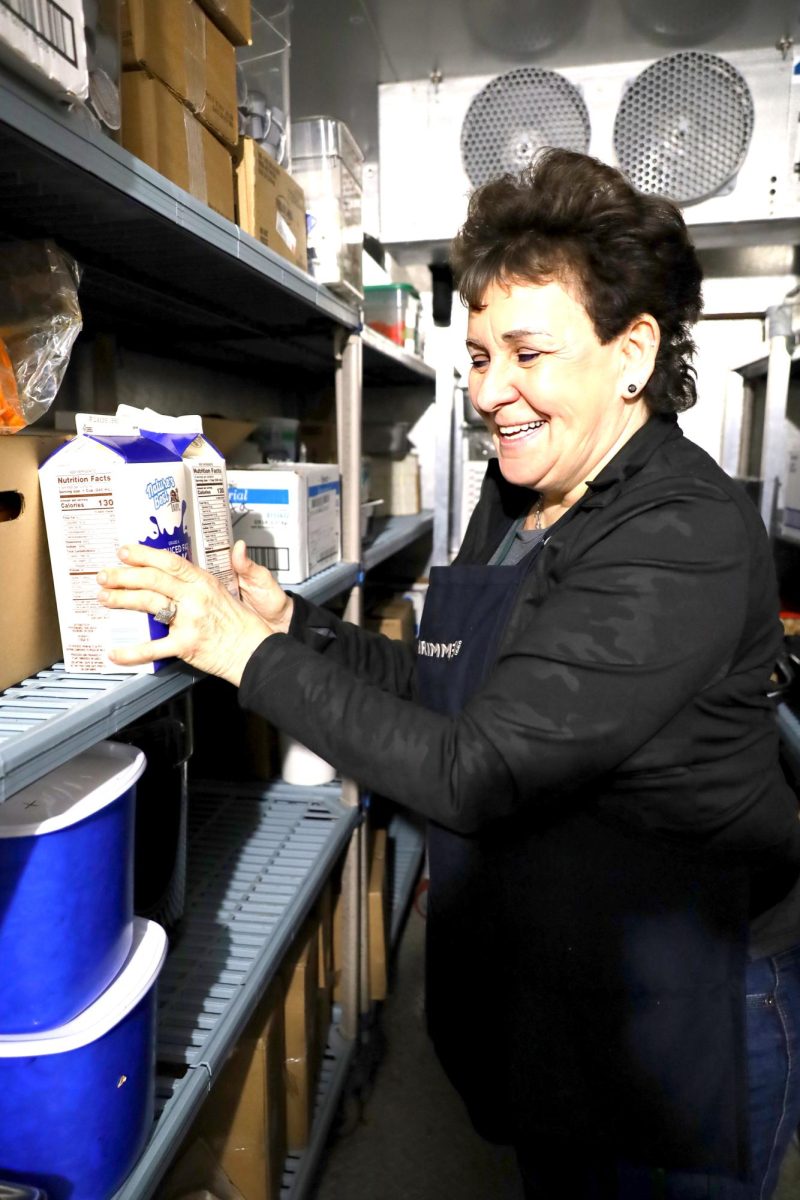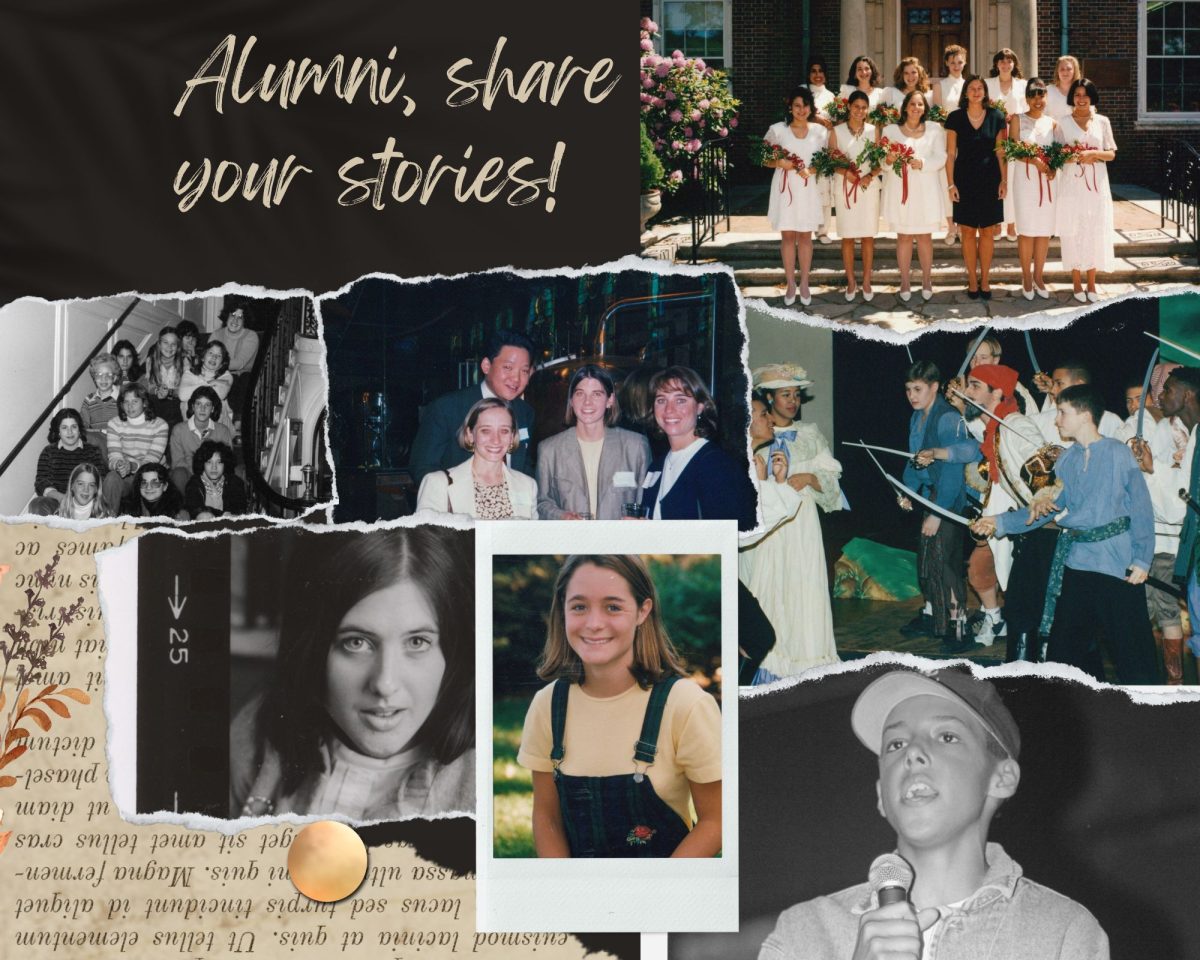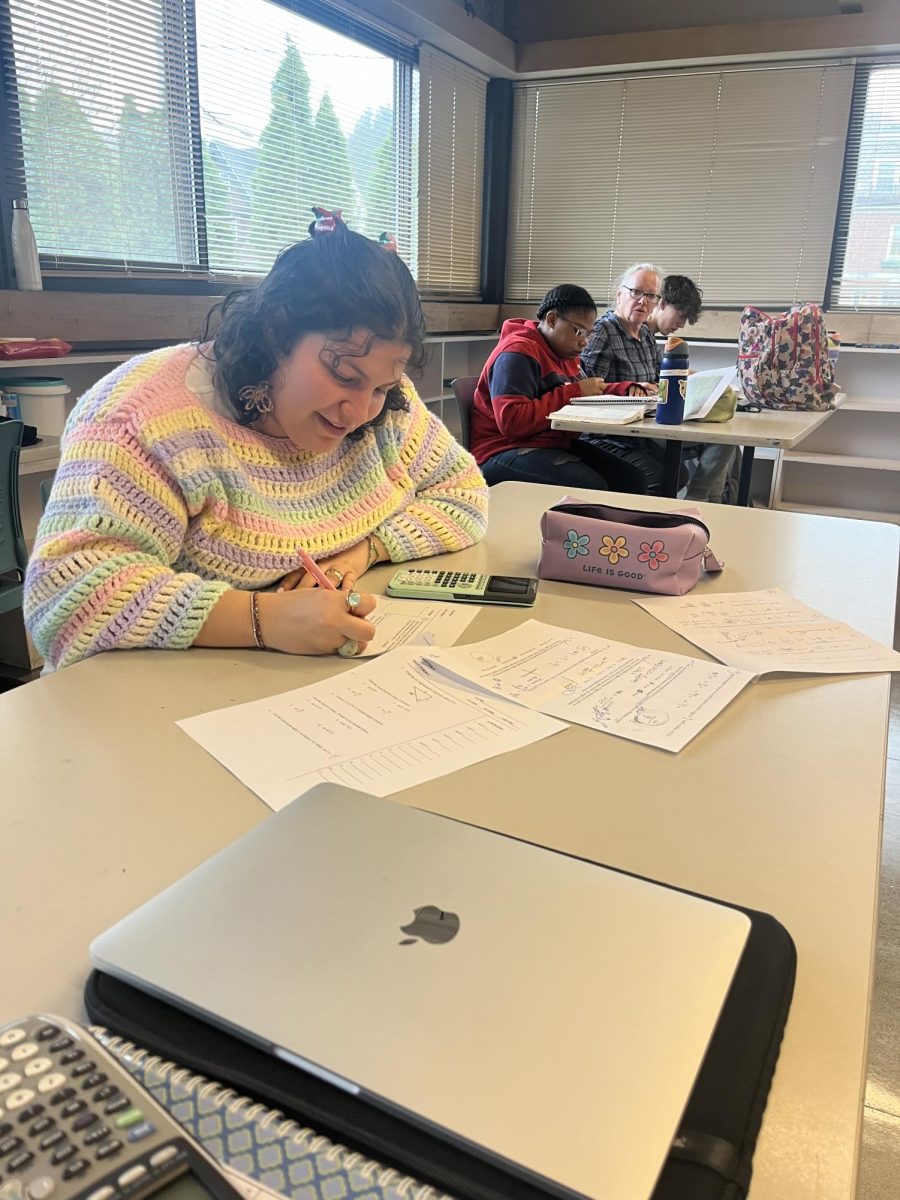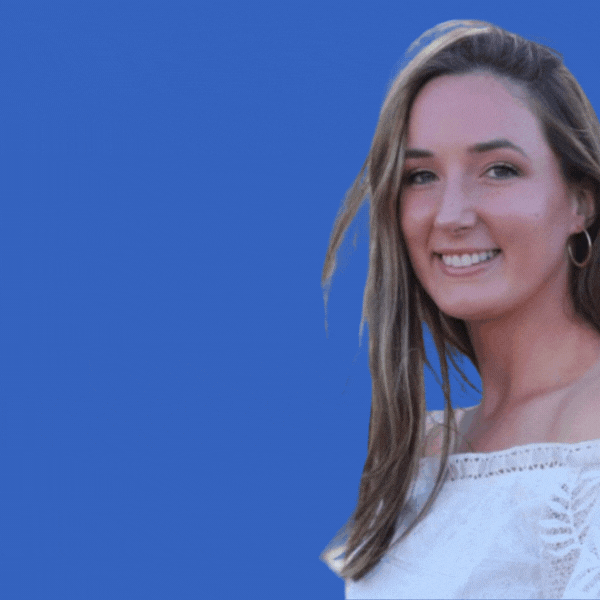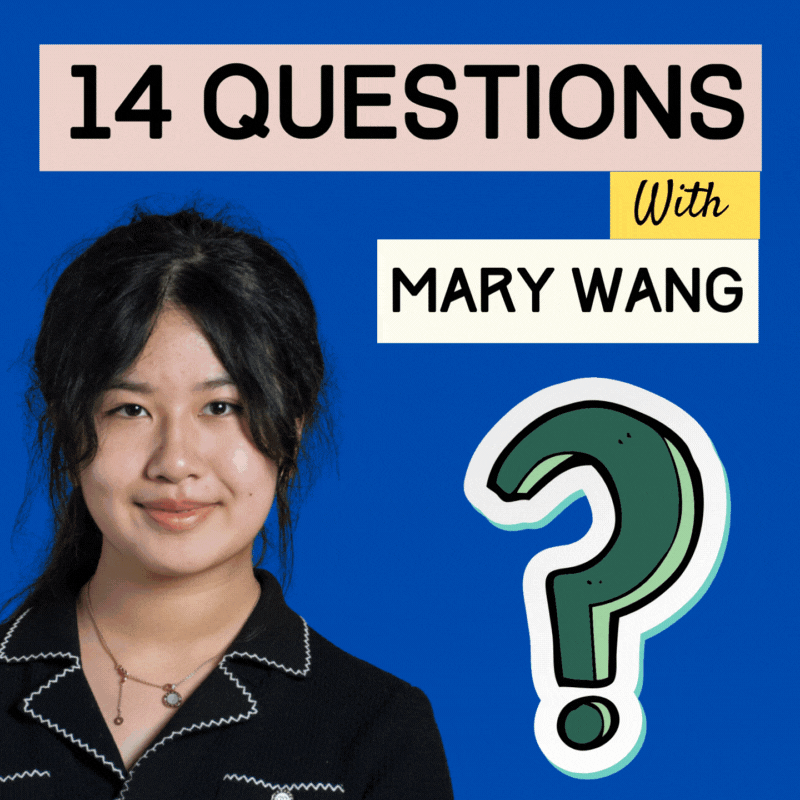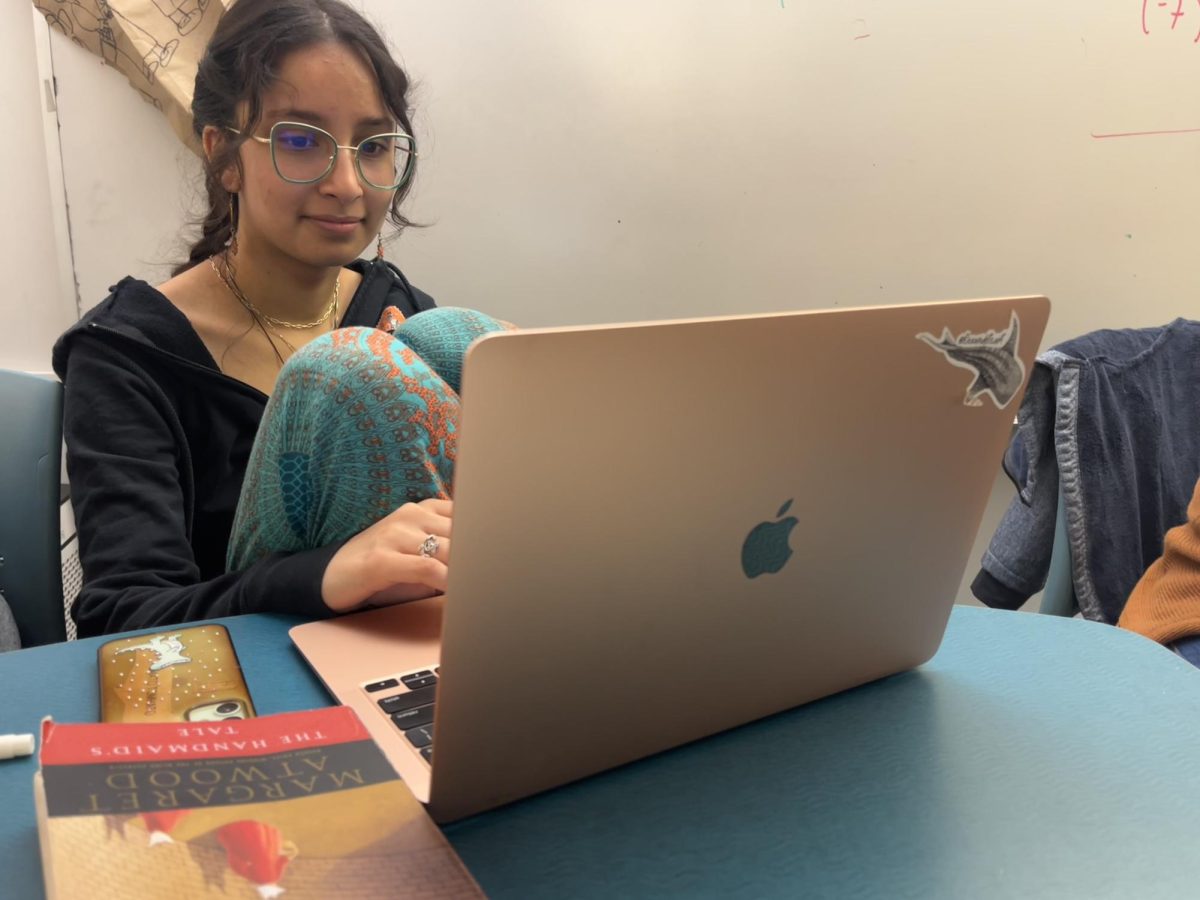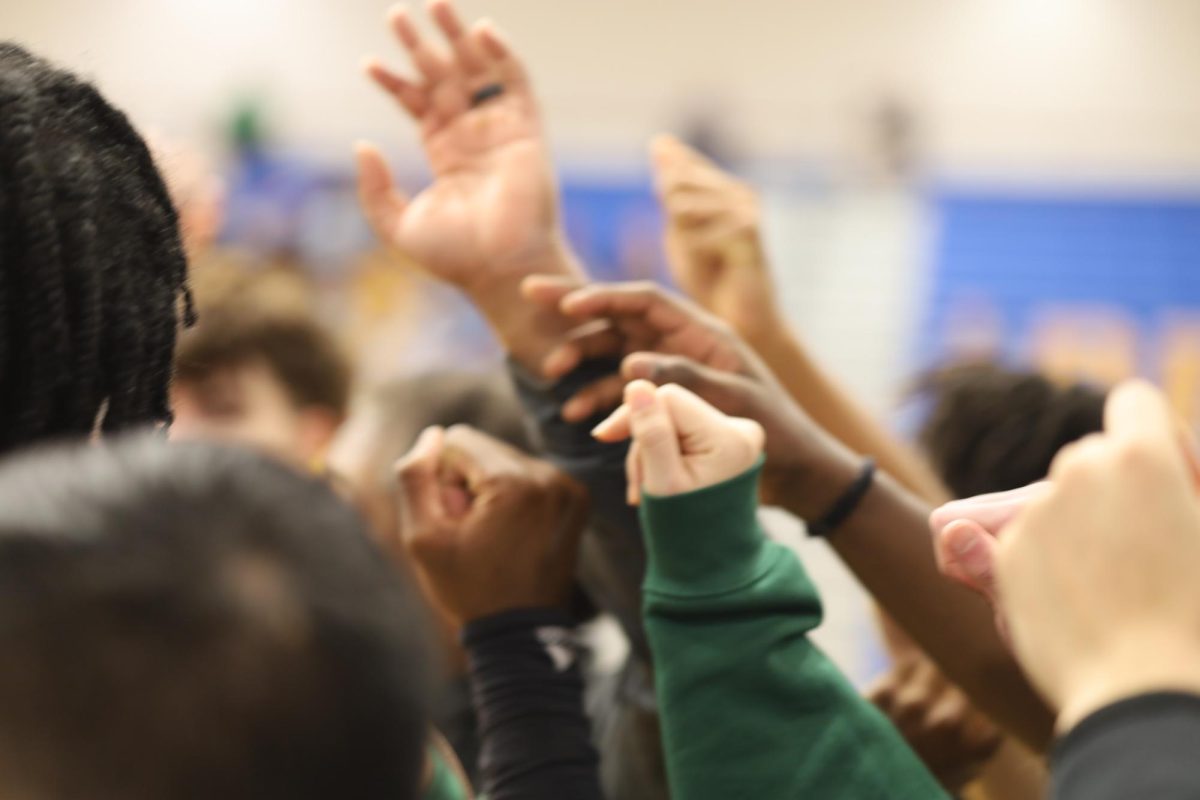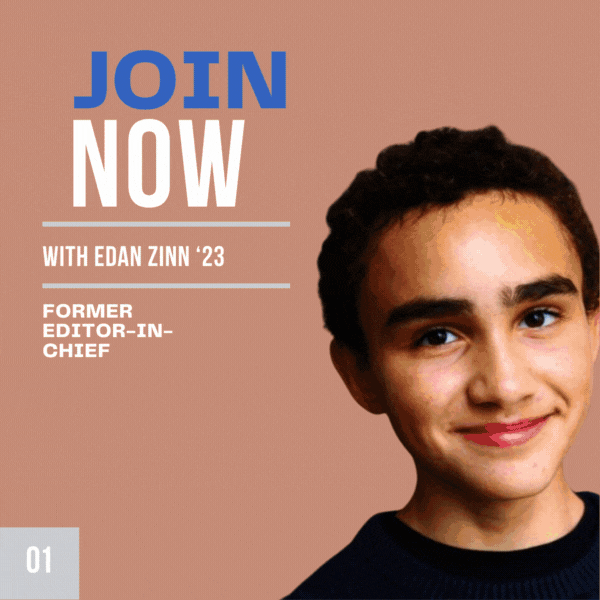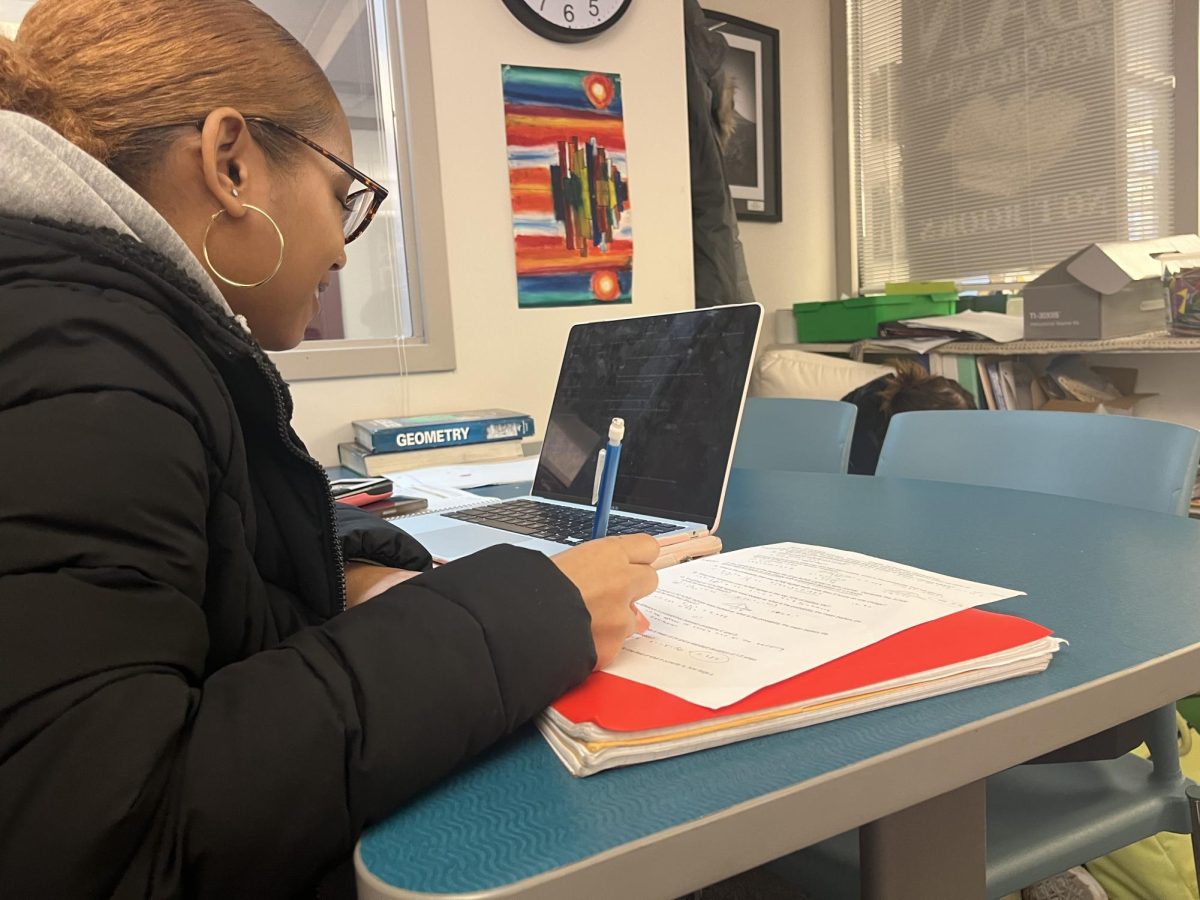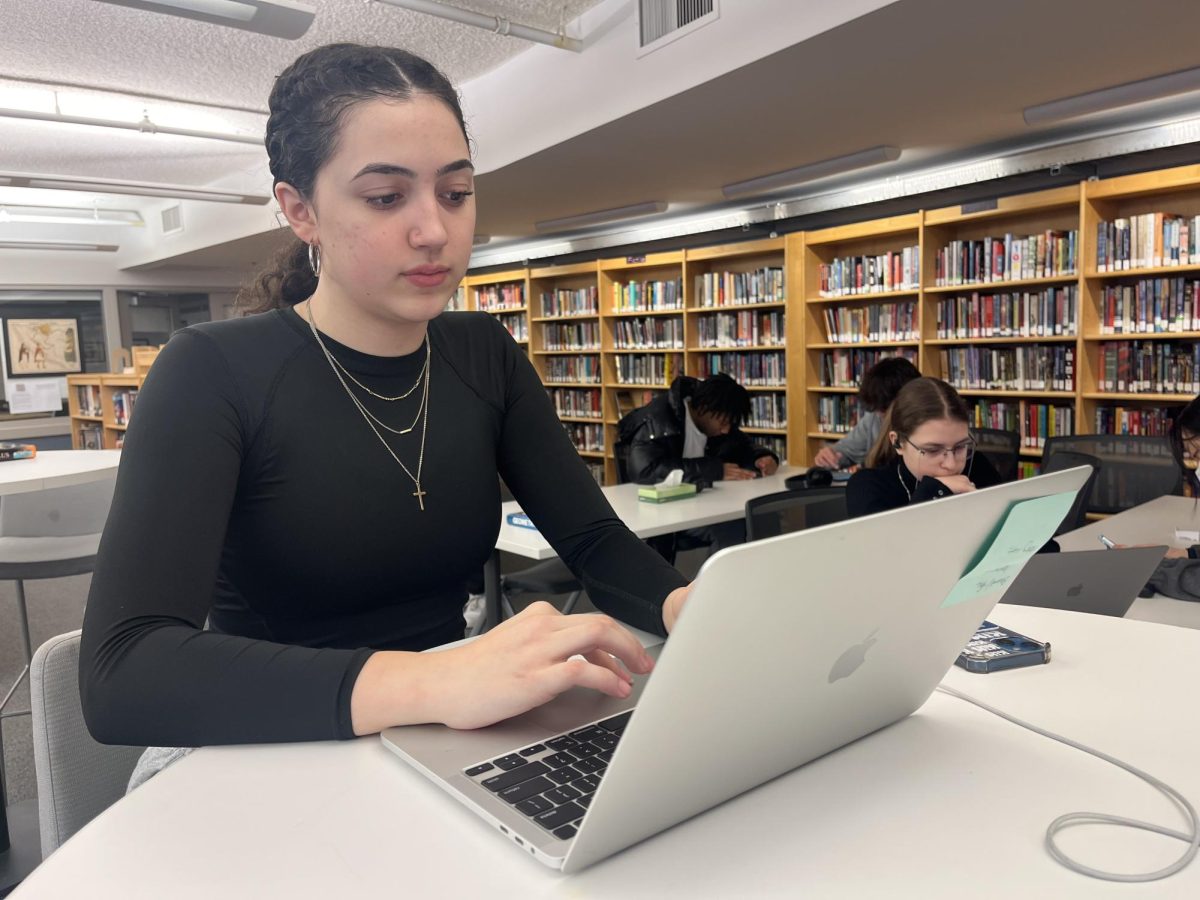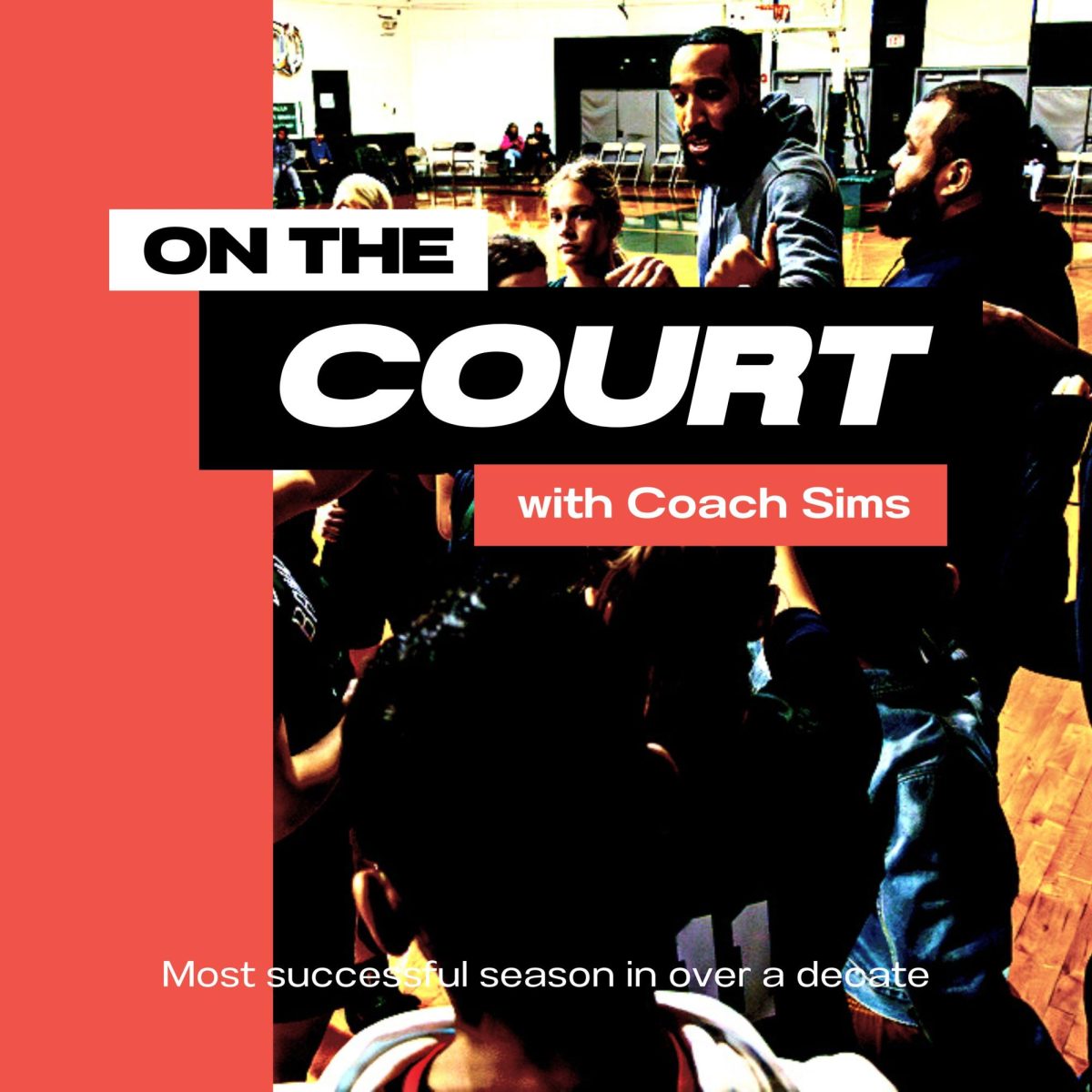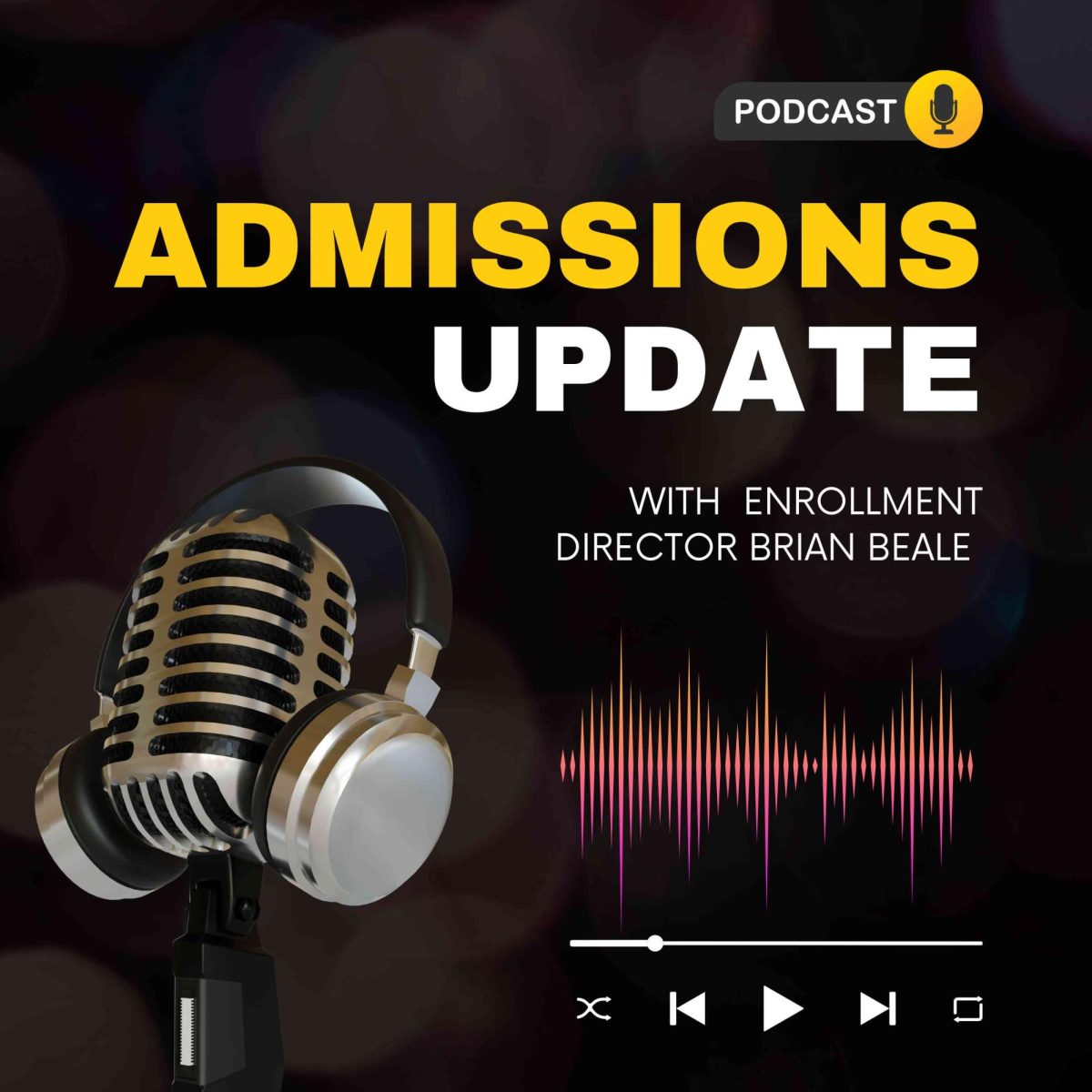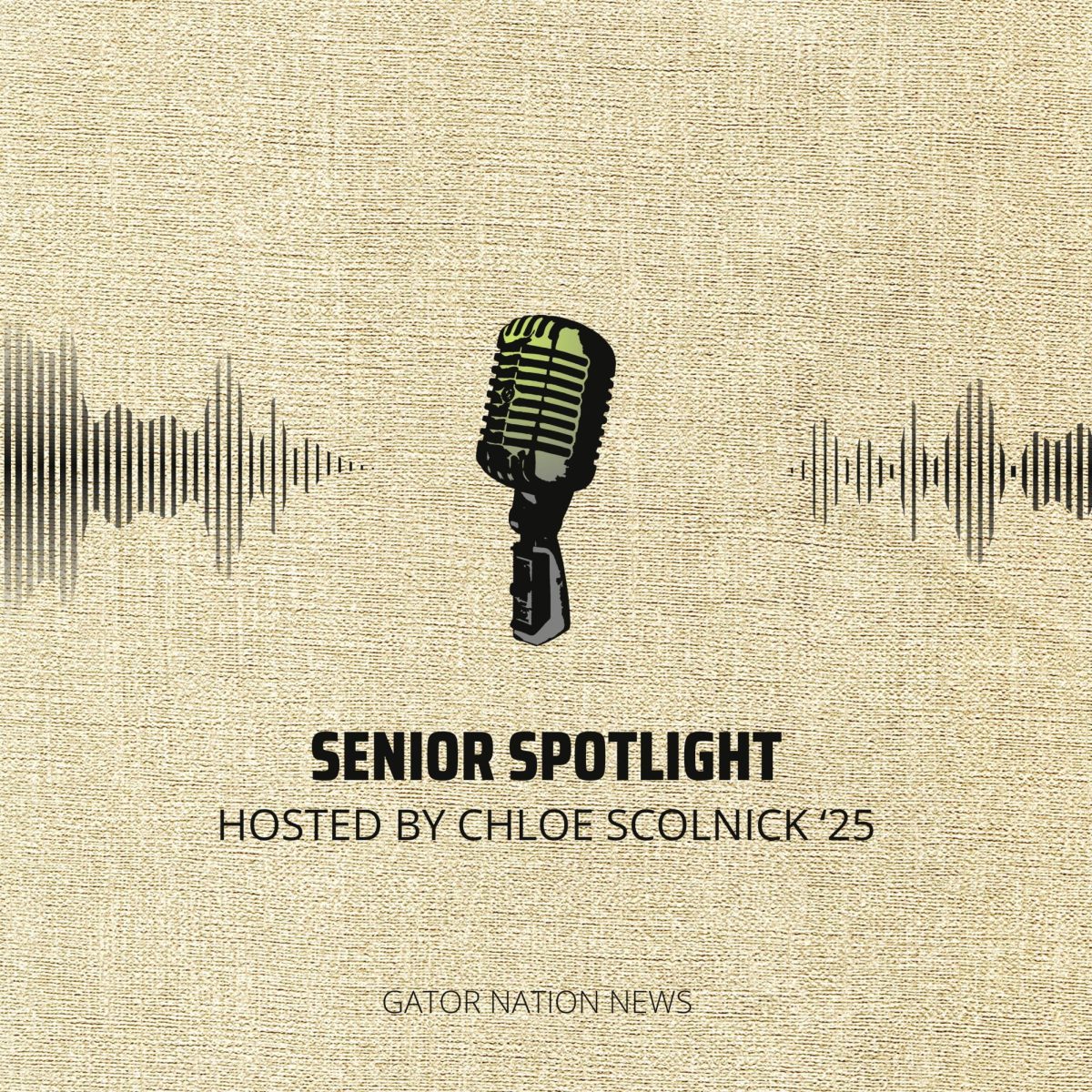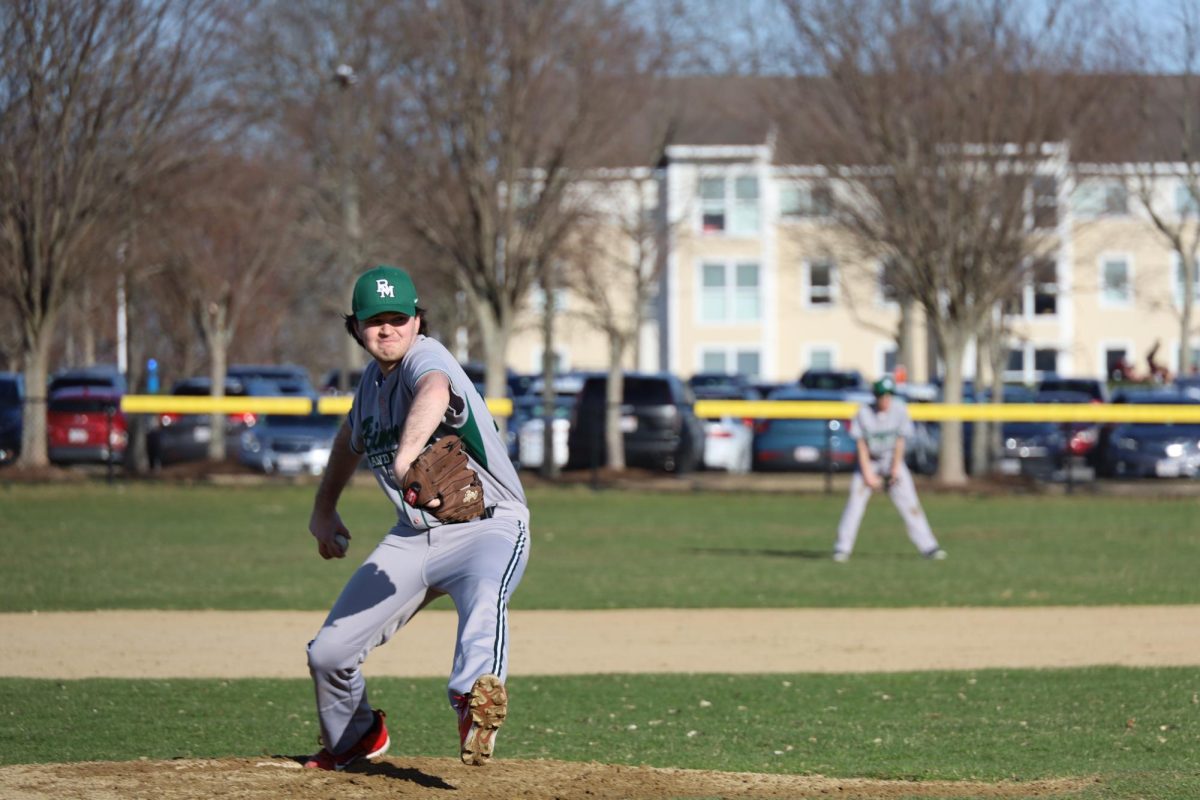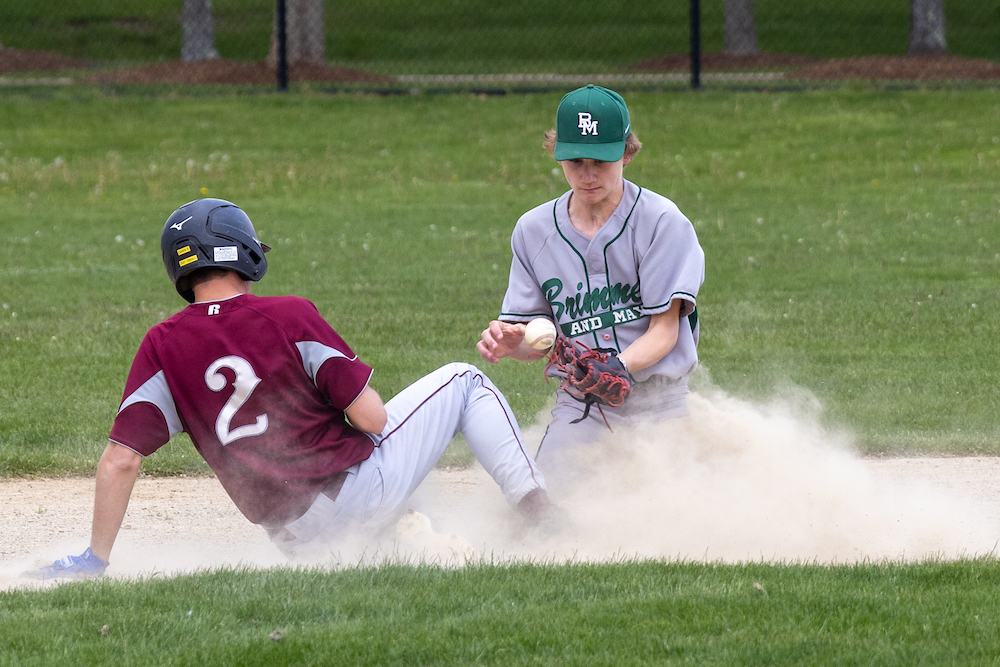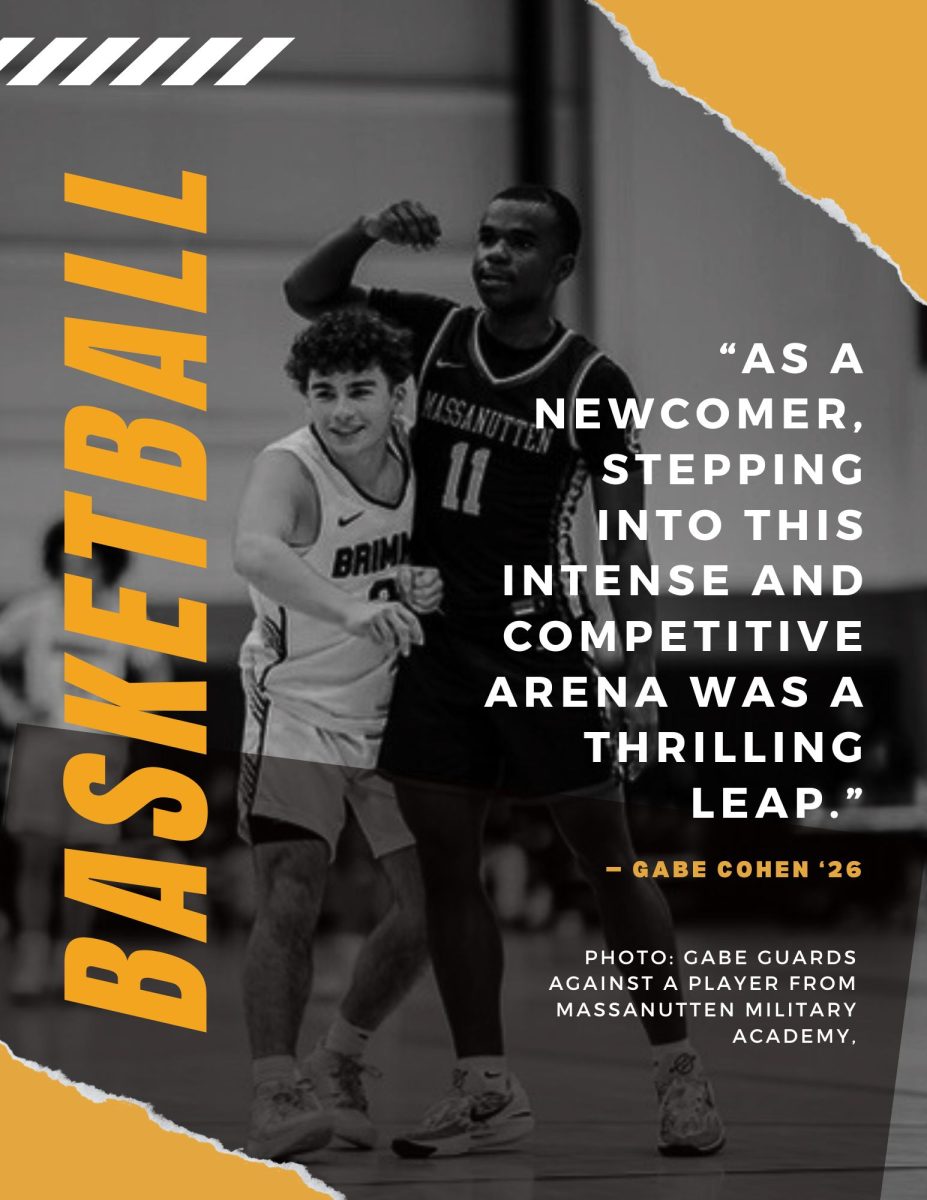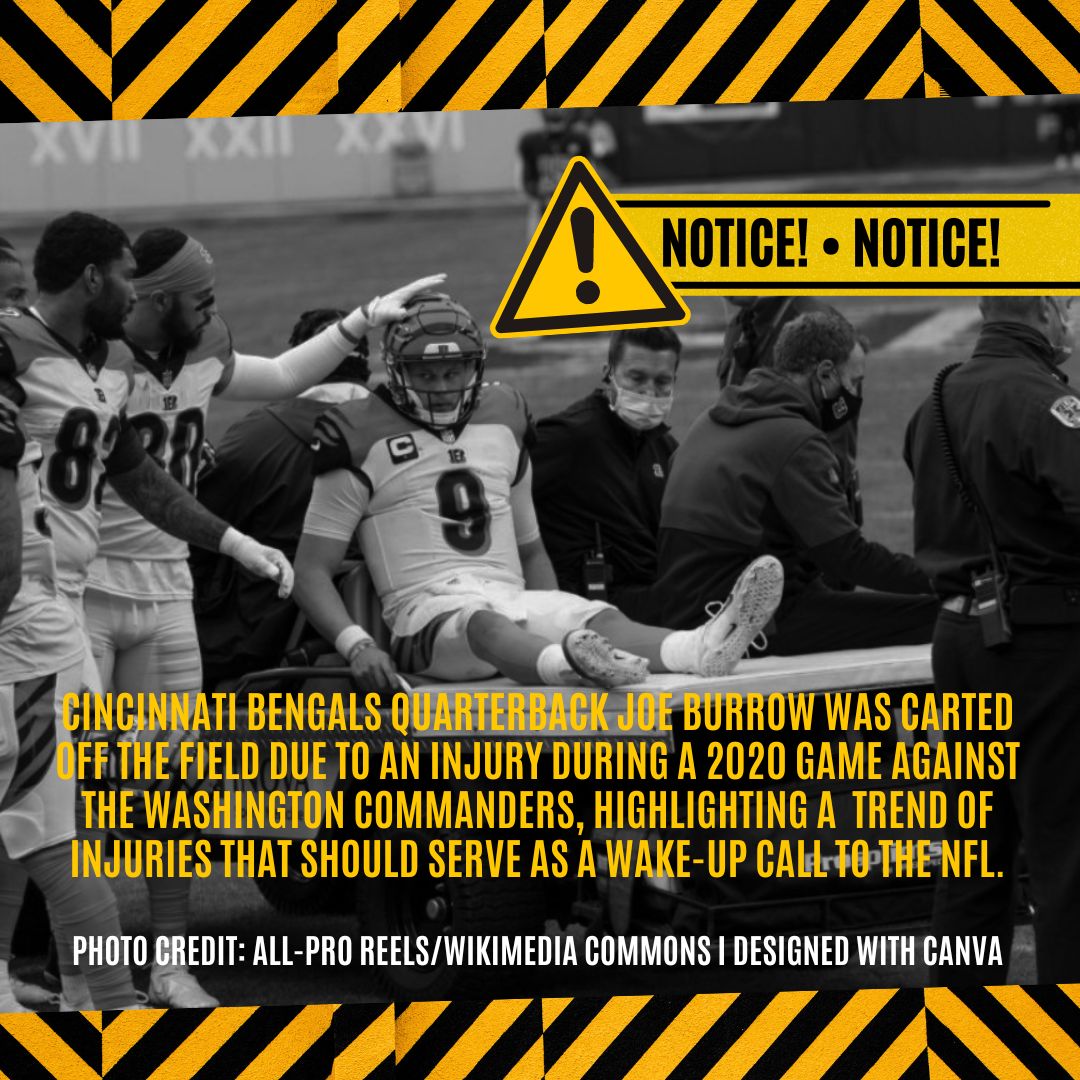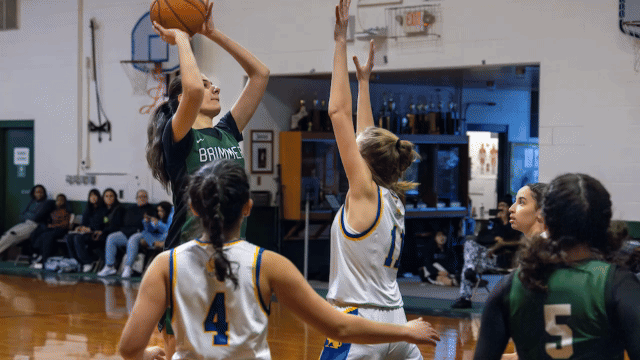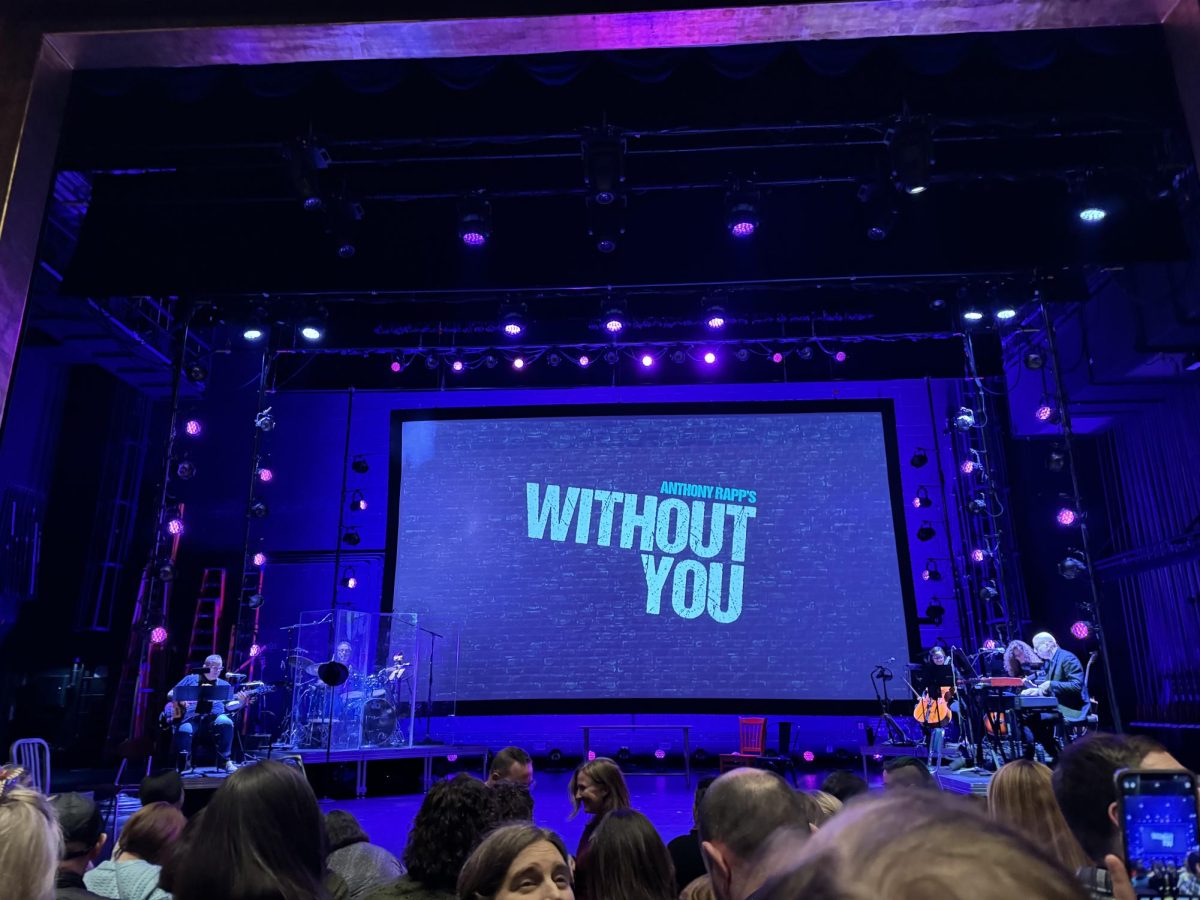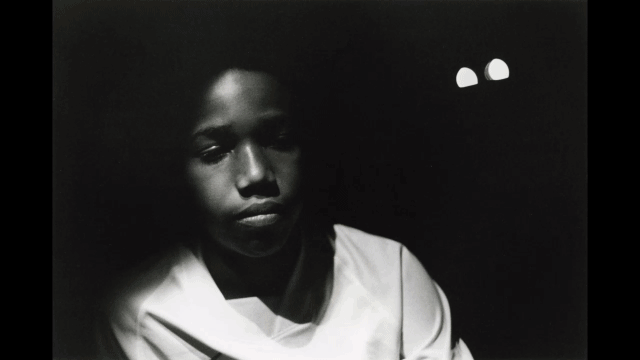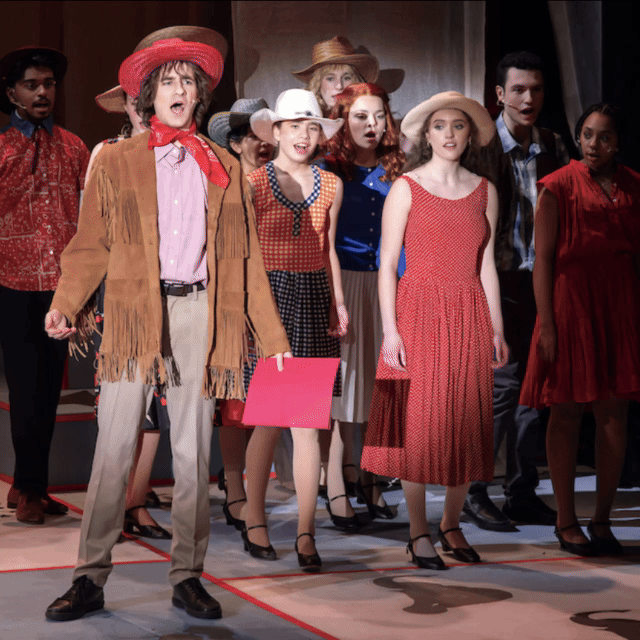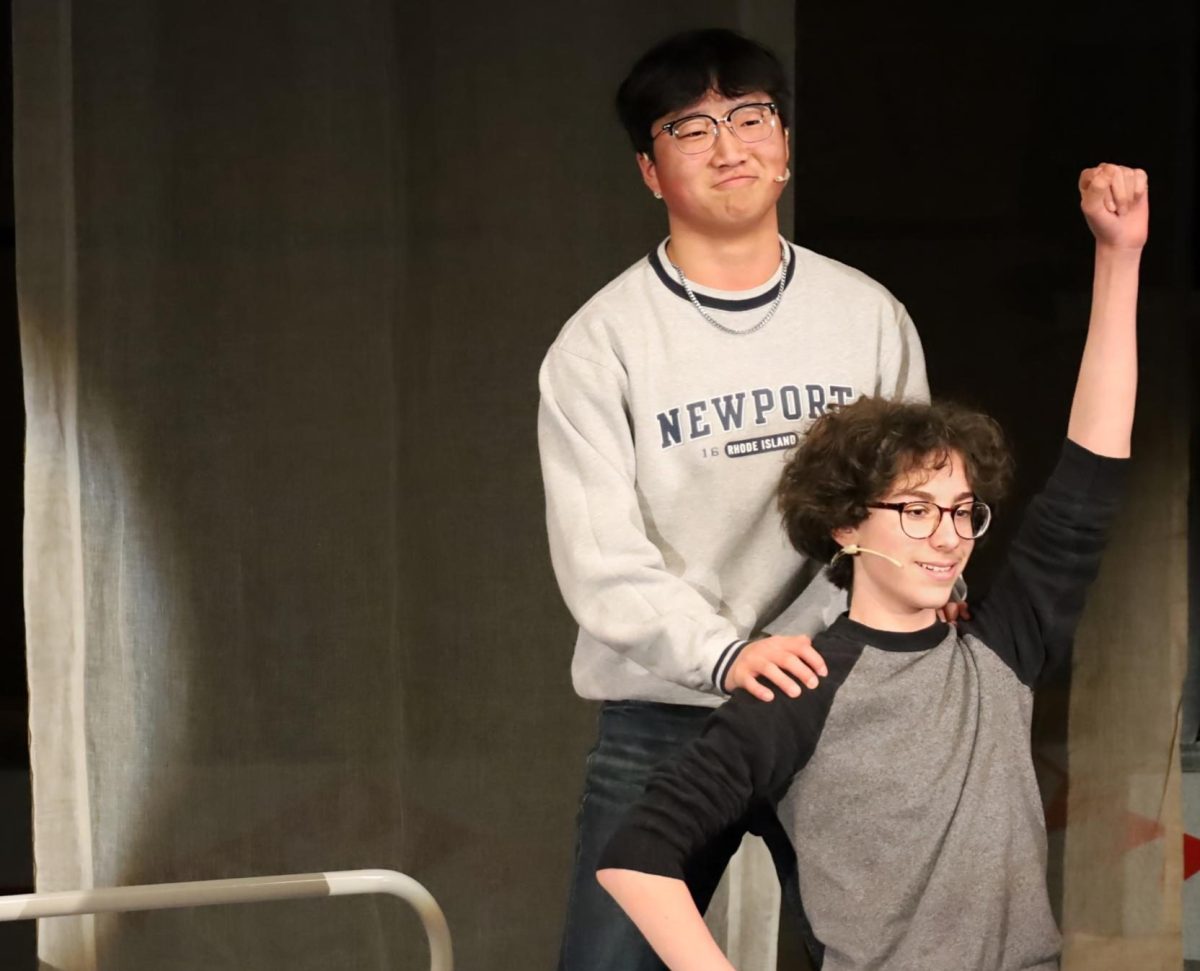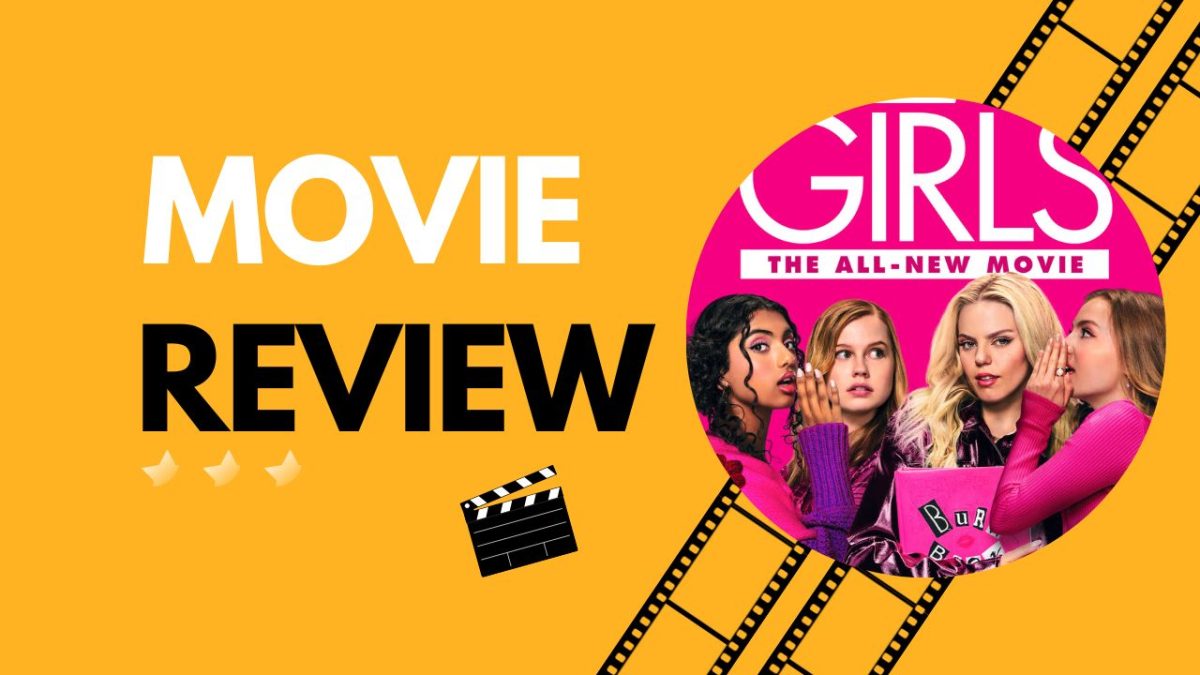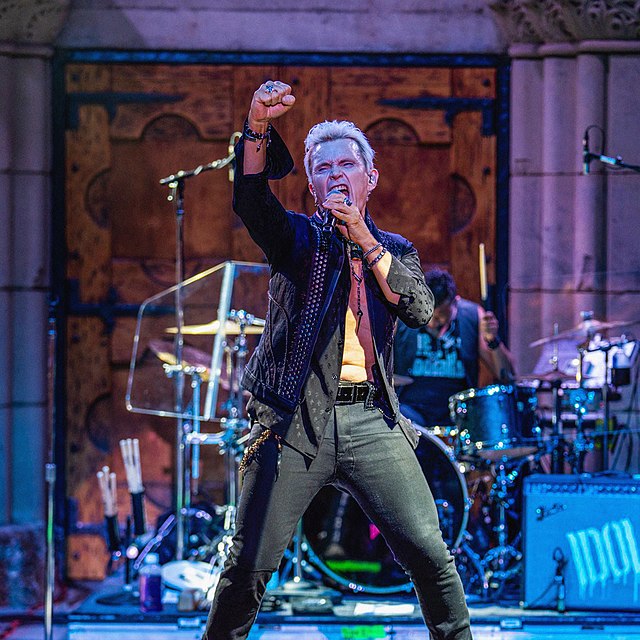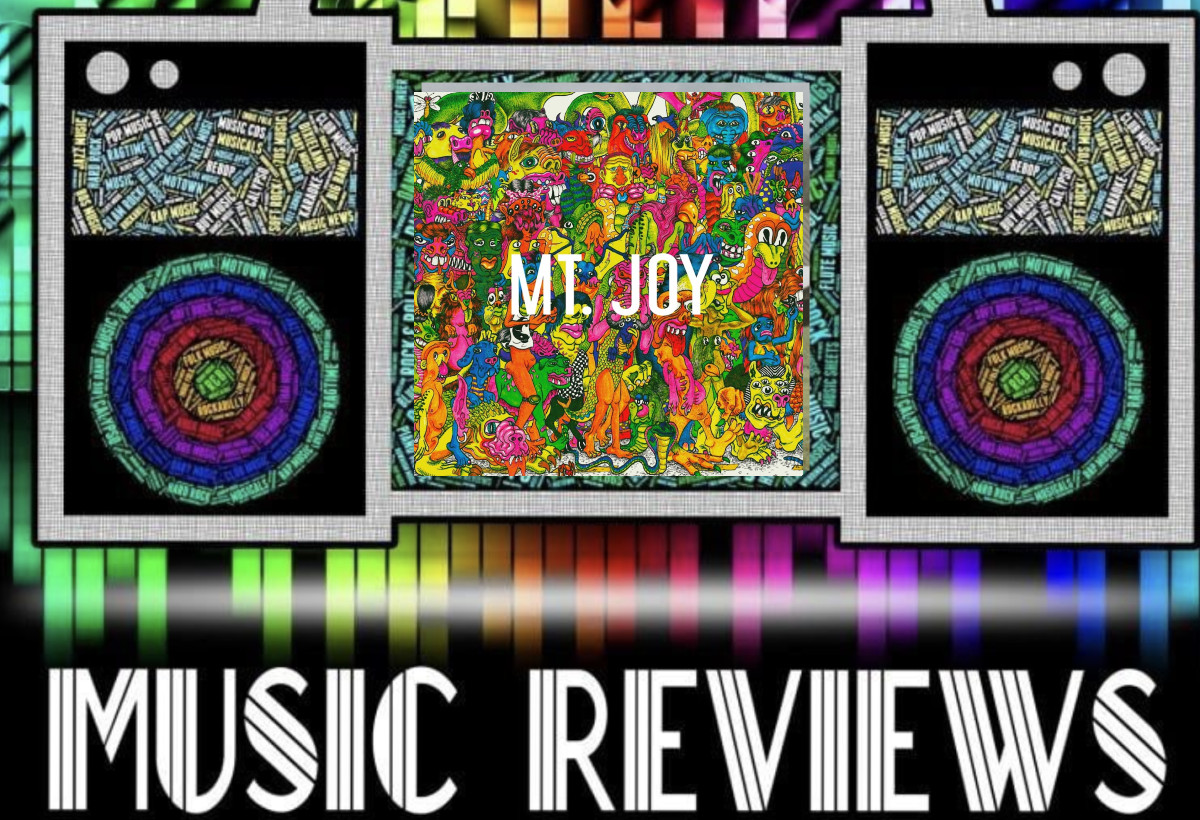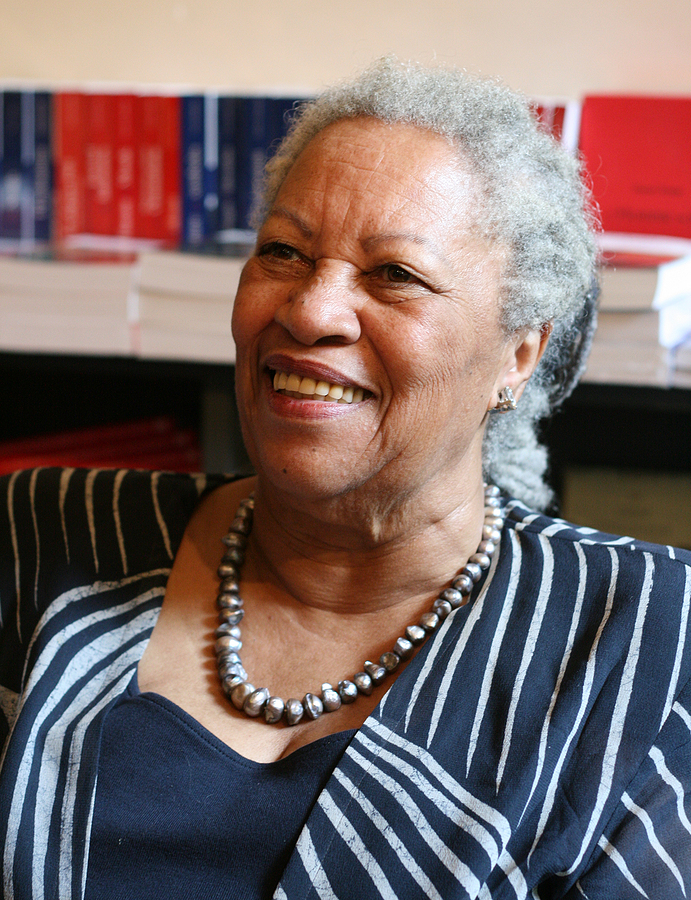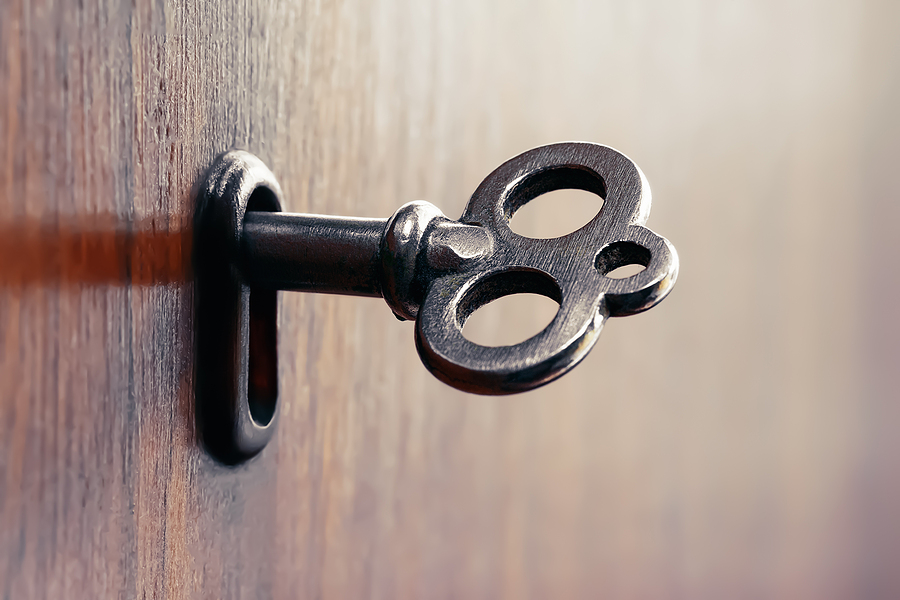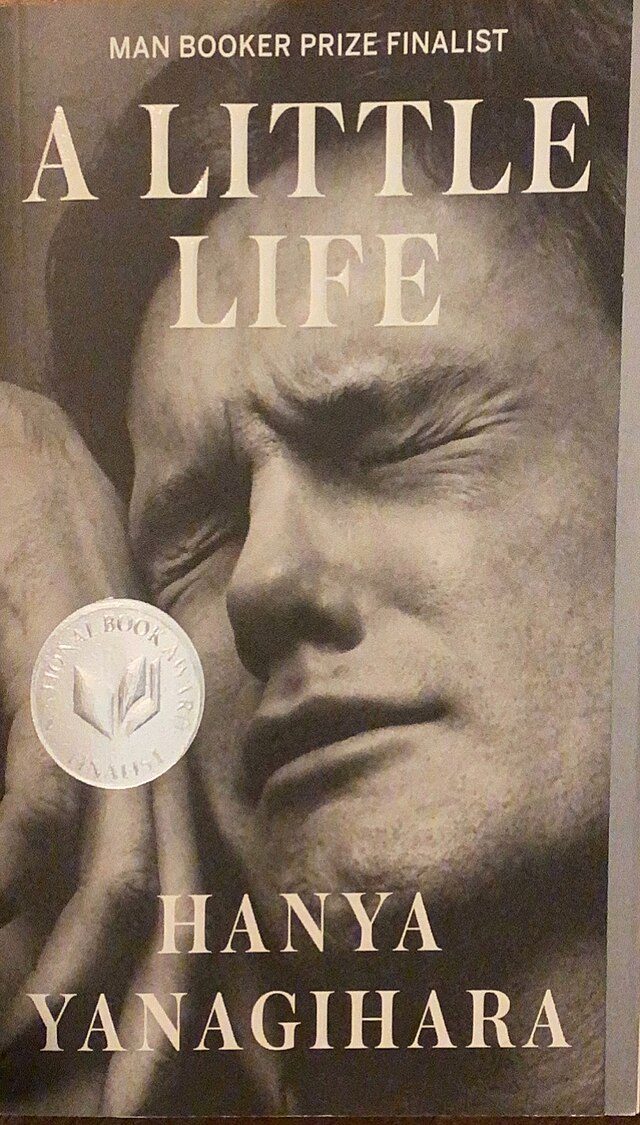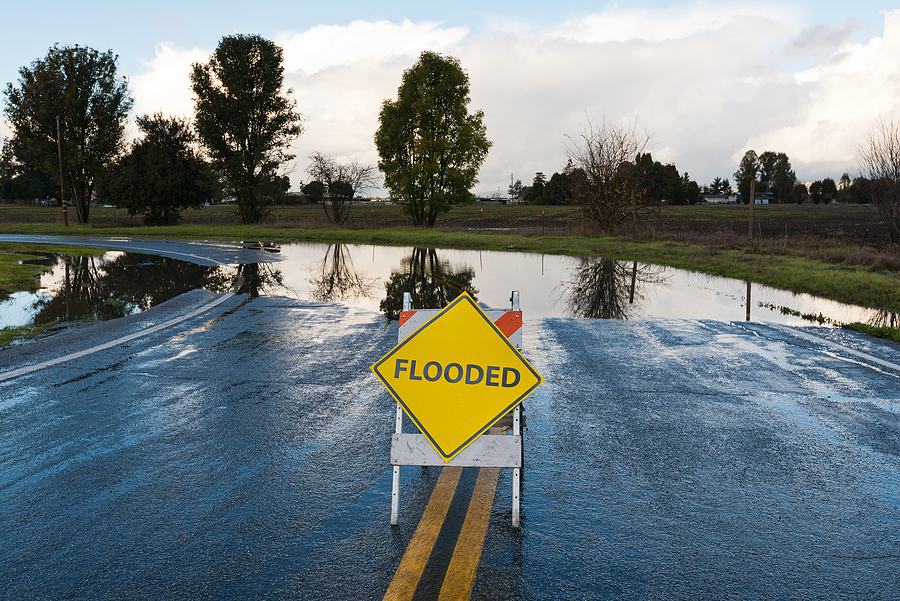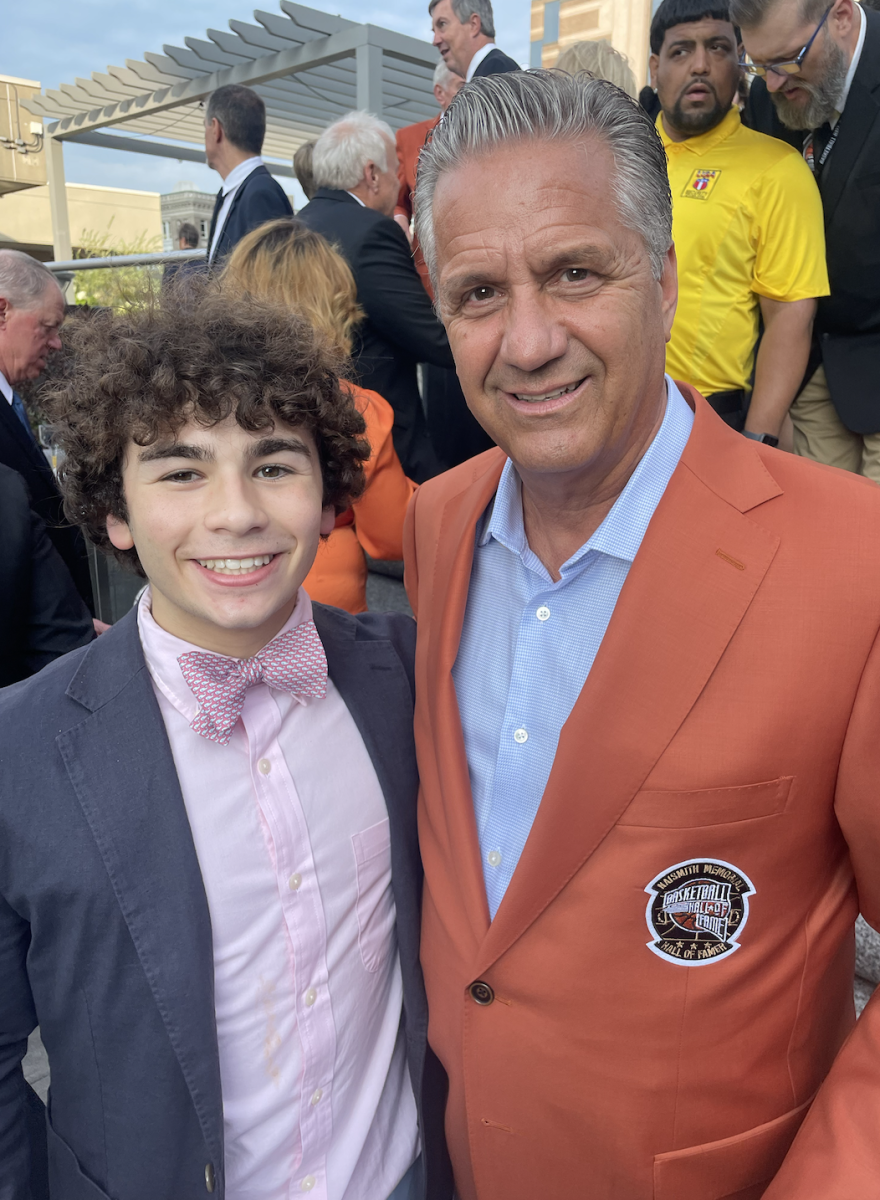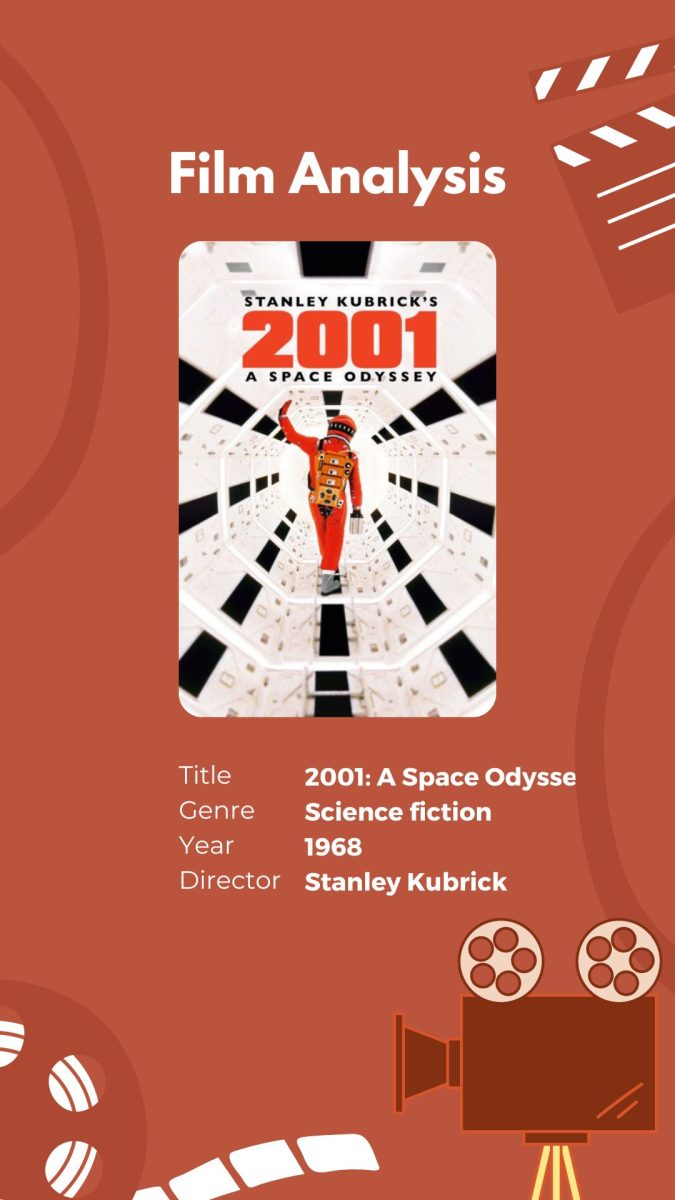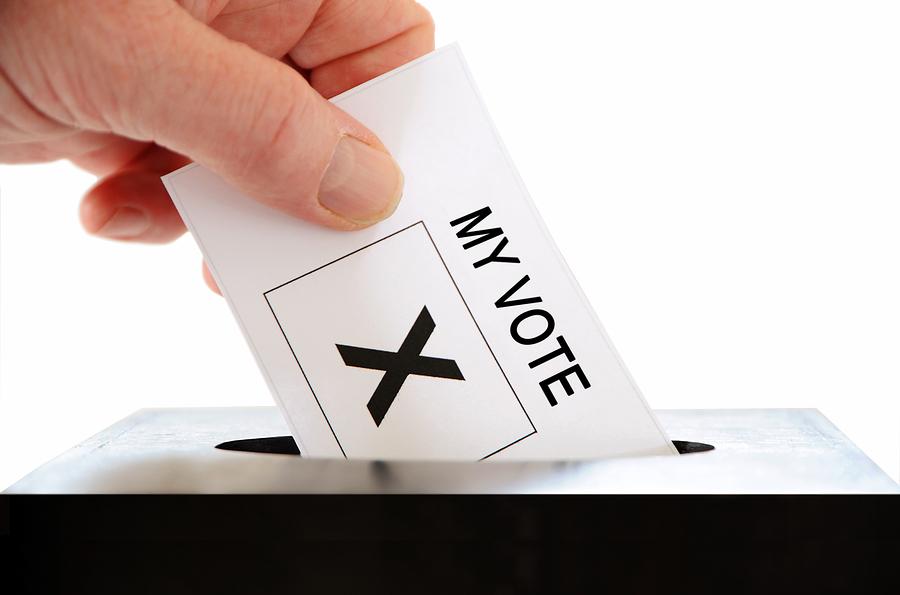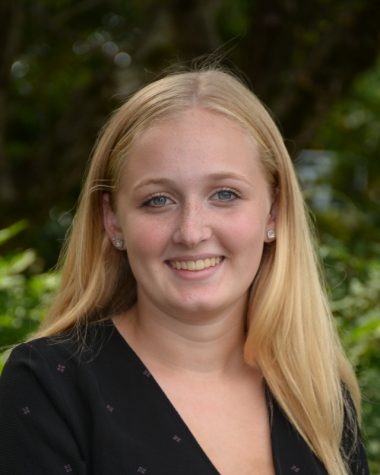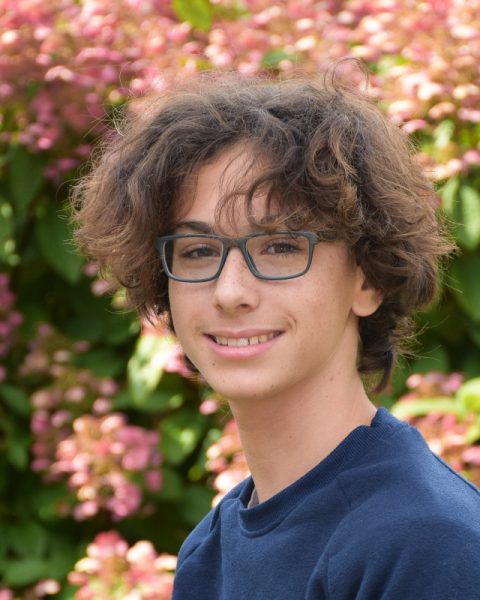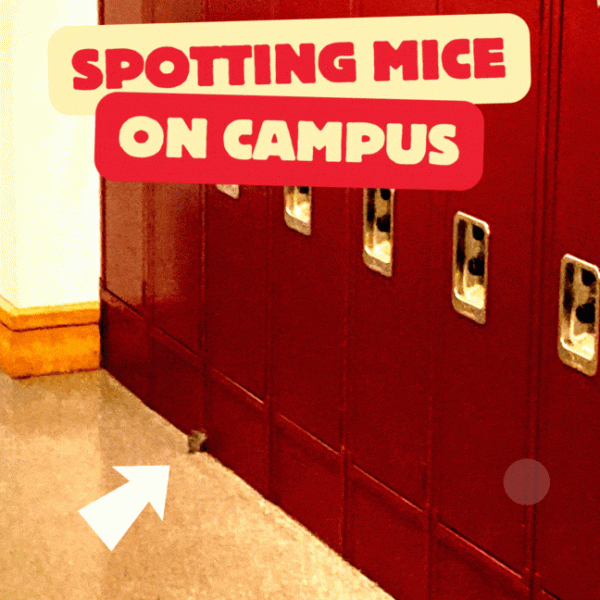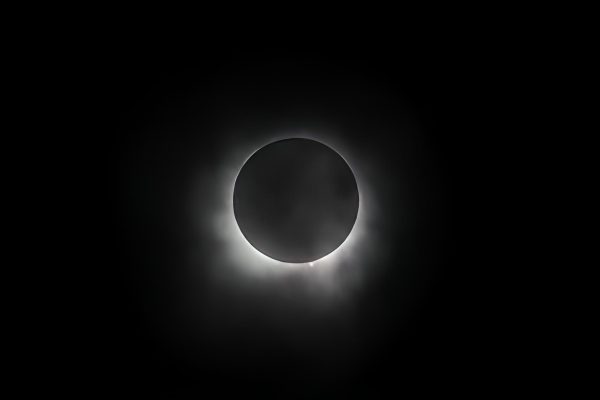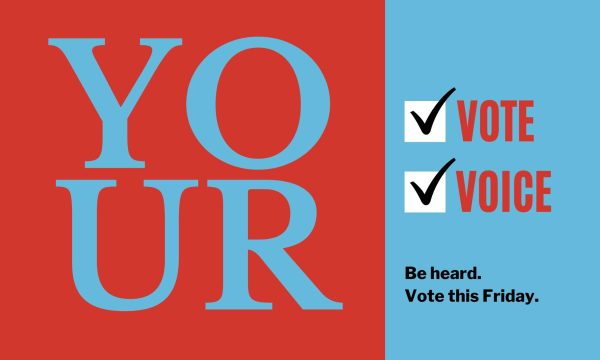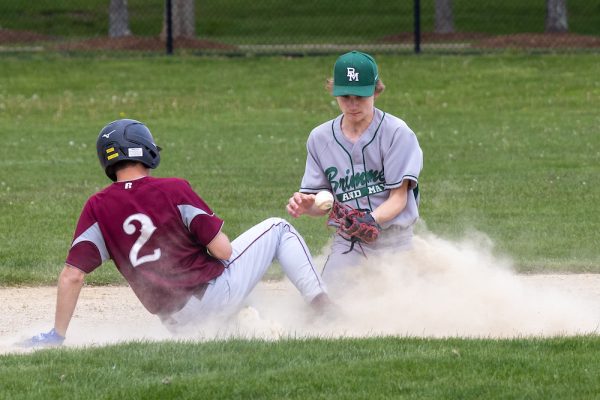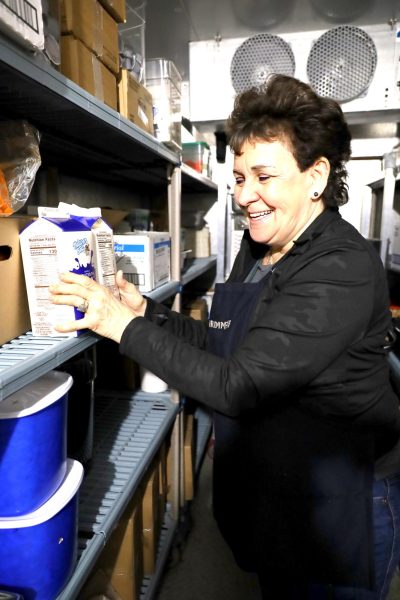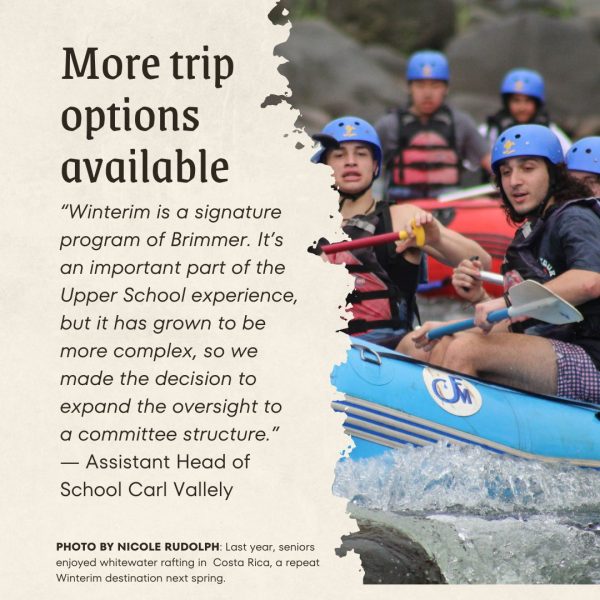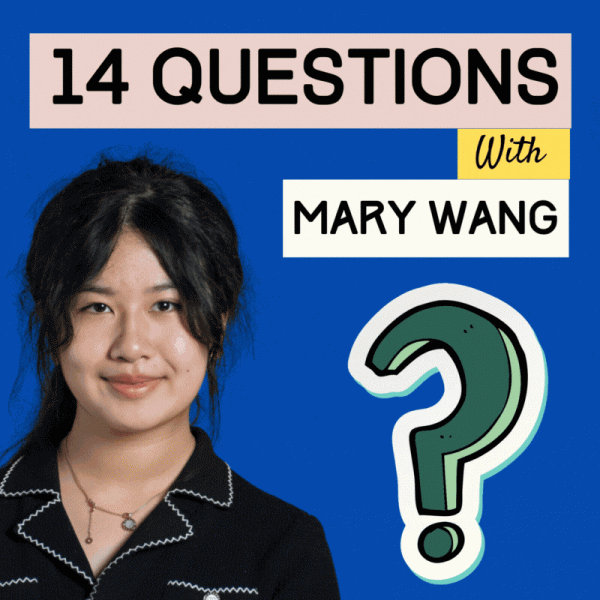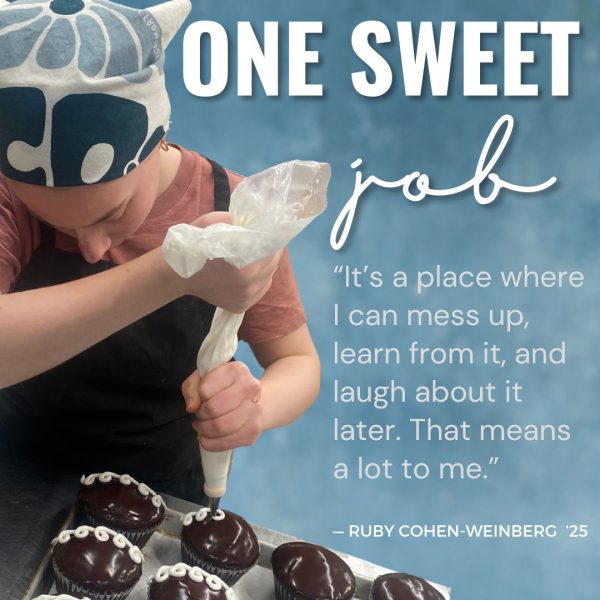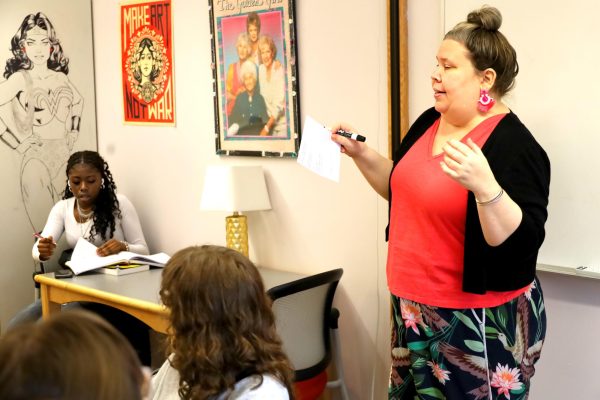Op-Ed: A New Era of Voting
Photo illustration purchased from BigStock.com.
October 22, 2020
This year is one that will go down in the books, but not just for the COVID-19 pandemic. 2020 is also a presidential election year, and citizens have already been casting their ballots over the past few weeks.
For many high school seniors, this is the first election they can take part in. As one of those students, I’ve had mixed feelings about my new civic duty.
When I was younger, I remember looking forward to the day I could go with my parents to the polls to cast my own vote, not just while they cast theirs. Unfortunately, my first time voting won’t go quite how I imagined.
From the 2008 election of our country’s first Black president to the subsequent inauguration of a businessman and TV personality, history has been made and emotions have run high.
The 2016 election brought lots of changes in politics. An article in The Atlantic published in July 2016 painted a picture of this year’s election that seemed far-fetched at the time, but here we are—four years later—not as far from the description as we might have expected.
It is our duty as citizens to play a role in the democratic process, and that will look different for many people this year.
When reading this article years after its publication, one quote in particular stood out to me: “The political parties no longer have either intelligible boundaries or enforceable norms, and, as a result, renegade political behavior pays.”
By no means am I a political expert, but this statement seems pretty accurate to me. When watching the debates this year, it felt more like an episode of reality TV than a civil discussion about policy. I went to bed that night with more confusion than clarity.
To top off the confusion and angst the debates fostered, there is no shortage of controversy surrounded voting methods this fall.
President Donald Trump has made it clear he does not trust mail-in voting, saying, “this is going to be a fraud like you’ve never seen,” a statement which was “laden with misstatements and inaccuracies,” according to AP News.
But given the current state of the country, some people don’t feel safe going to the polls.
A recent article published in The Washington Post reported, “By the end of September, requests for absentee ballots had already surpassed 2016 levels in nearly every state. In 10 states, all voters are being sent a mail-in ballot automatically.”
As someone of voting age, I am grateful for the fact that I can choose to cast my ballot in the manner that is best for me and my family. Consequently, I find it incredibly difficult to understand why there is such resistance to early voting and voting by mail—including from our president.
Voting will look different for everyone this year, but that does not give people the right to jeopardize others’ votes.
Just this week, an official ballot drop box was burned in California, damaging its contents. To put it simply, “arson is suspected,” a CBS News article reported.
While voters impacted by the fire will be notified, the situation shouldn’t have occurred to begin with. Now, more than ever, we have to make choices not only for ourselves but also those around us. For some people, that means voting by mail.
But if the way that we are choosing to execute our civic duty is compromised, how can we be sure our voice matters? How do we know that our votes will be counted? And why should our say be put at risk because of someone else’s wrongdoing?
Regardless of how many people have already cast their ballot—by mail or in-person—the election isn’t over yet. It is our duty as citizens to play a role in the democratic process, and that will look different for many people this year.
I’ll admit, I have my concerns about some voting methods, but that doesn’t mean it isn’t worth exercising your right to vote. It is a privilege that hasn’t always been open to all, and we shouldn’t give that up because the outcome is uncertain.
Who knows what the future holds, but what I do know is that my voice will be heard this election. To all other eligible citizens—whether this is your first election of voting age or not—I hope you take this opportunity to use your voice. After all, there’s no time like the present.

